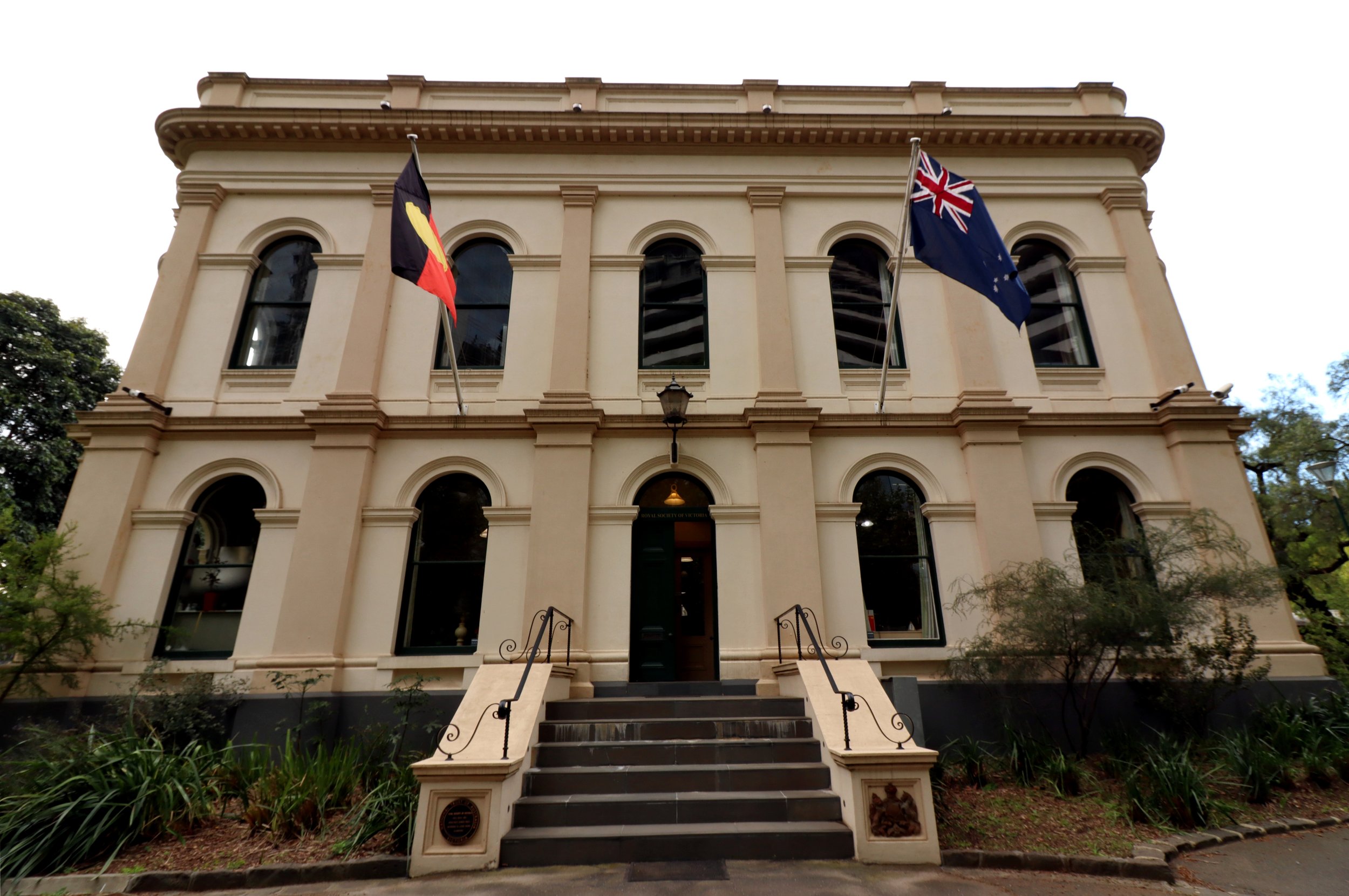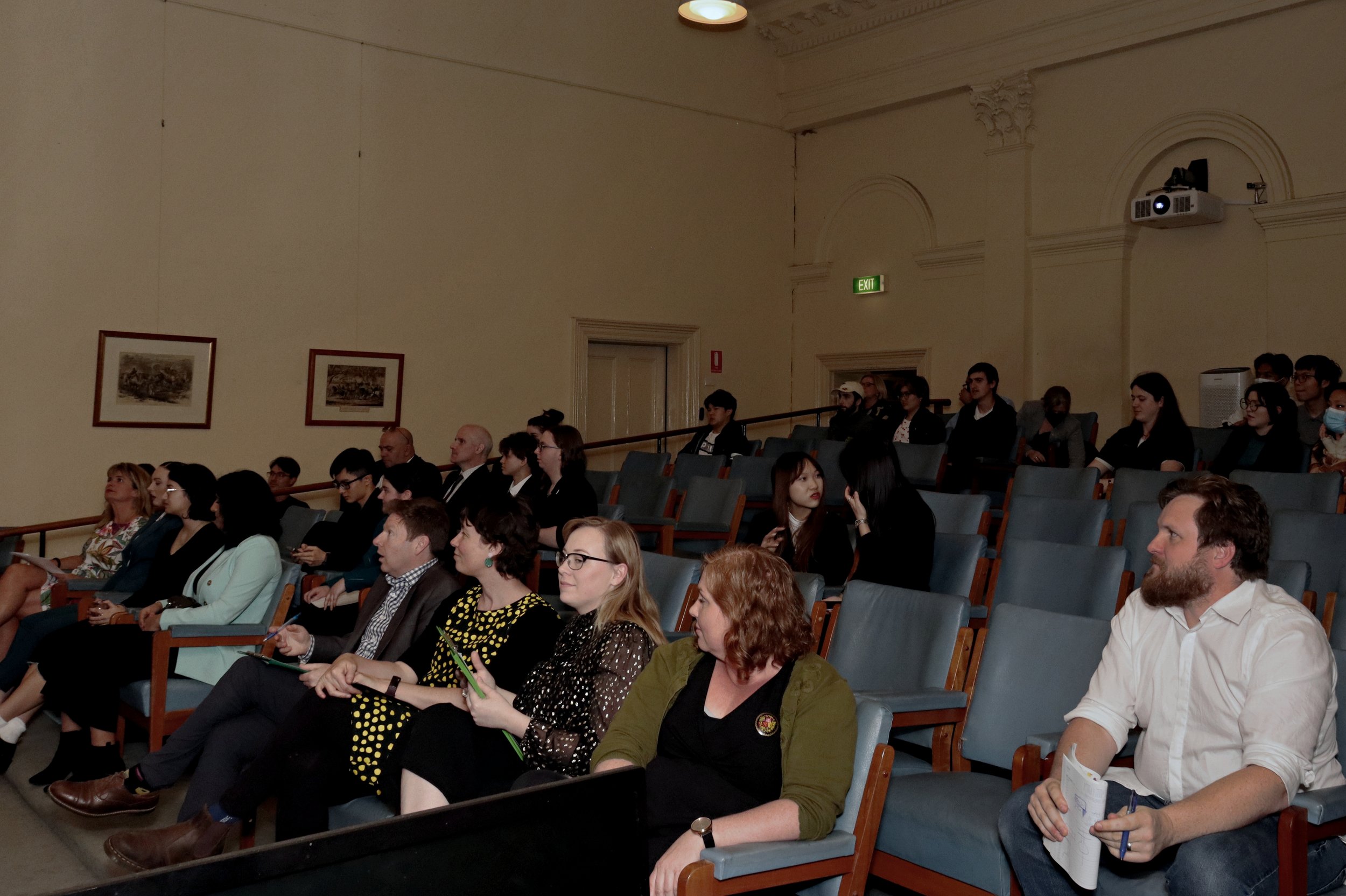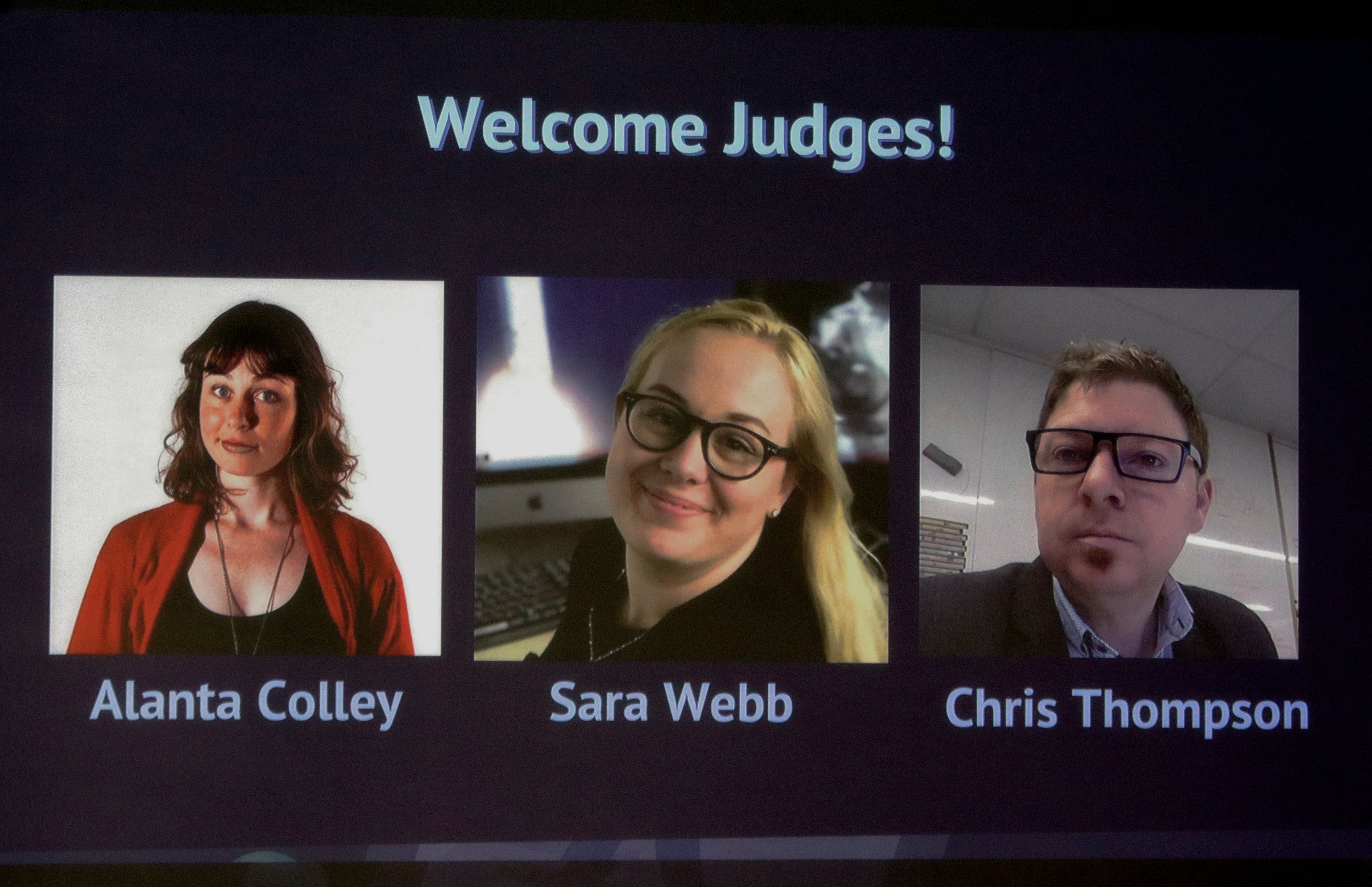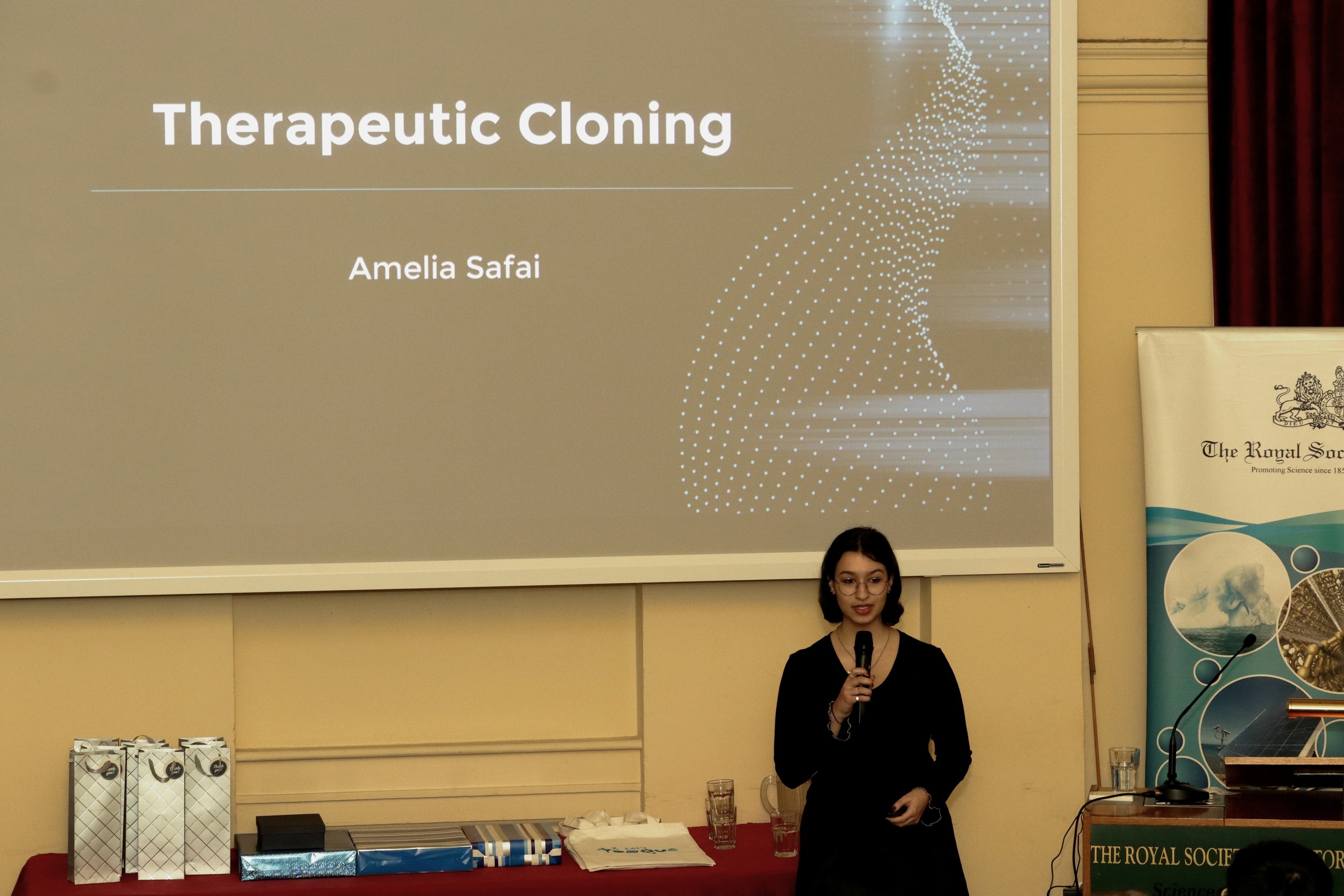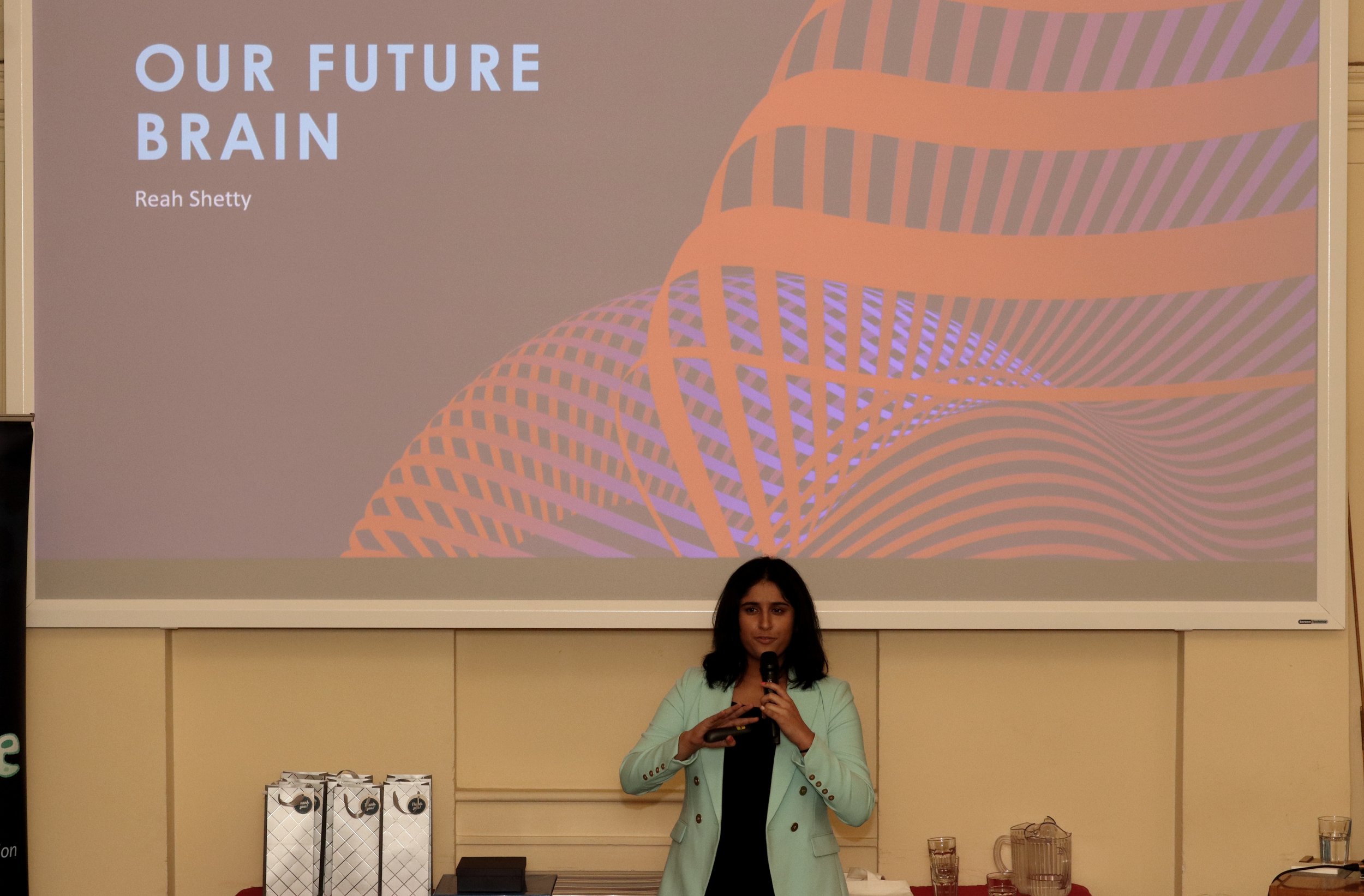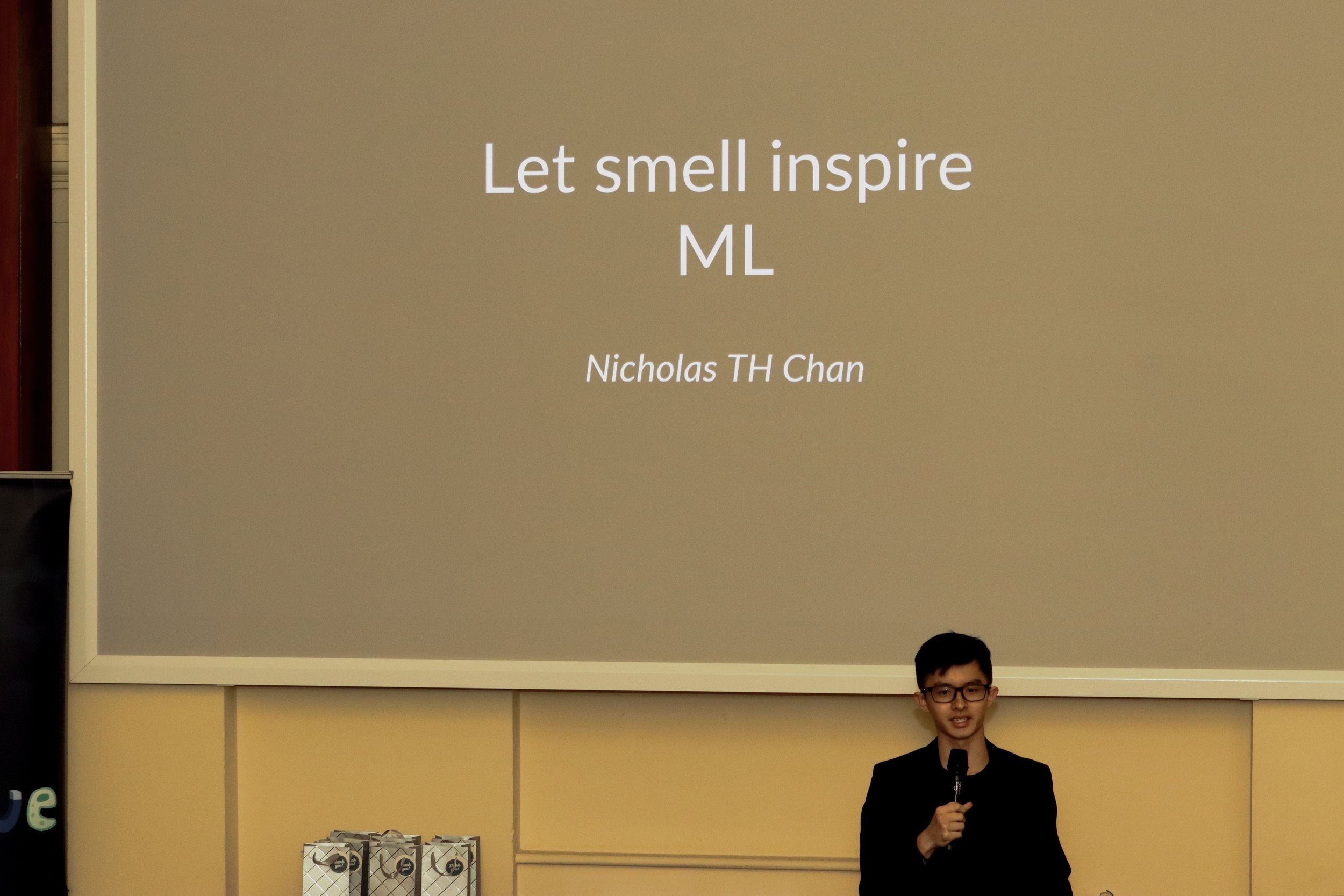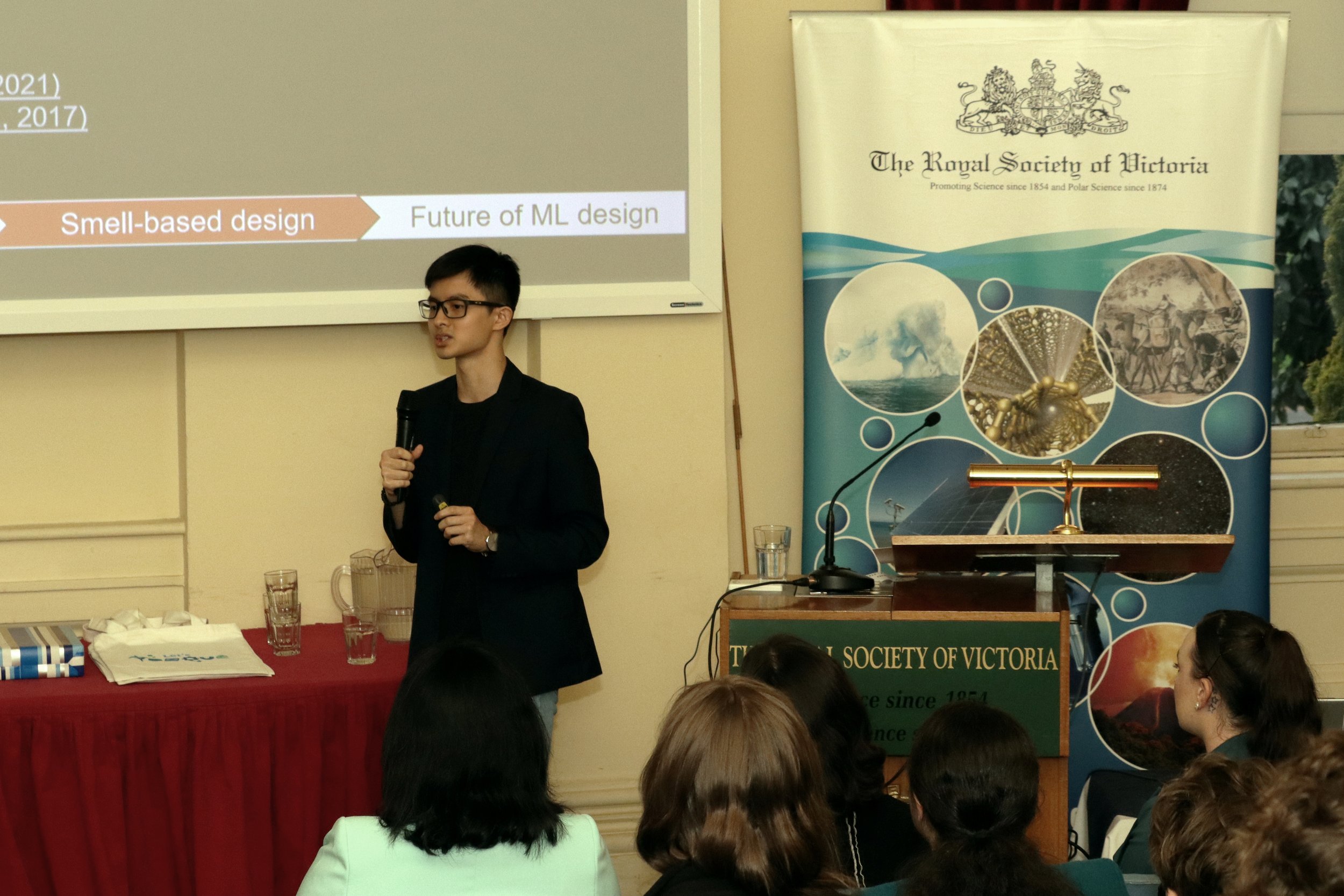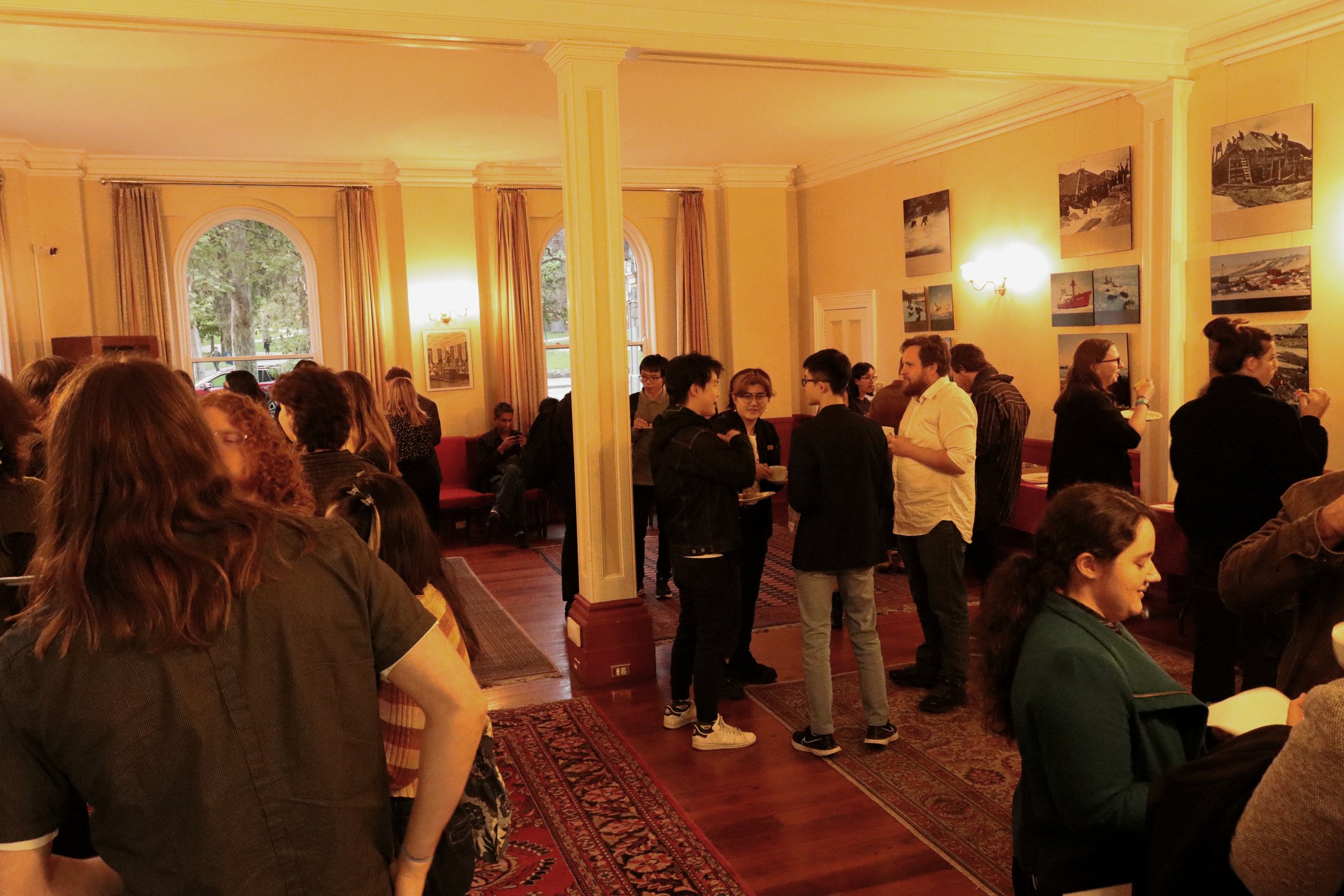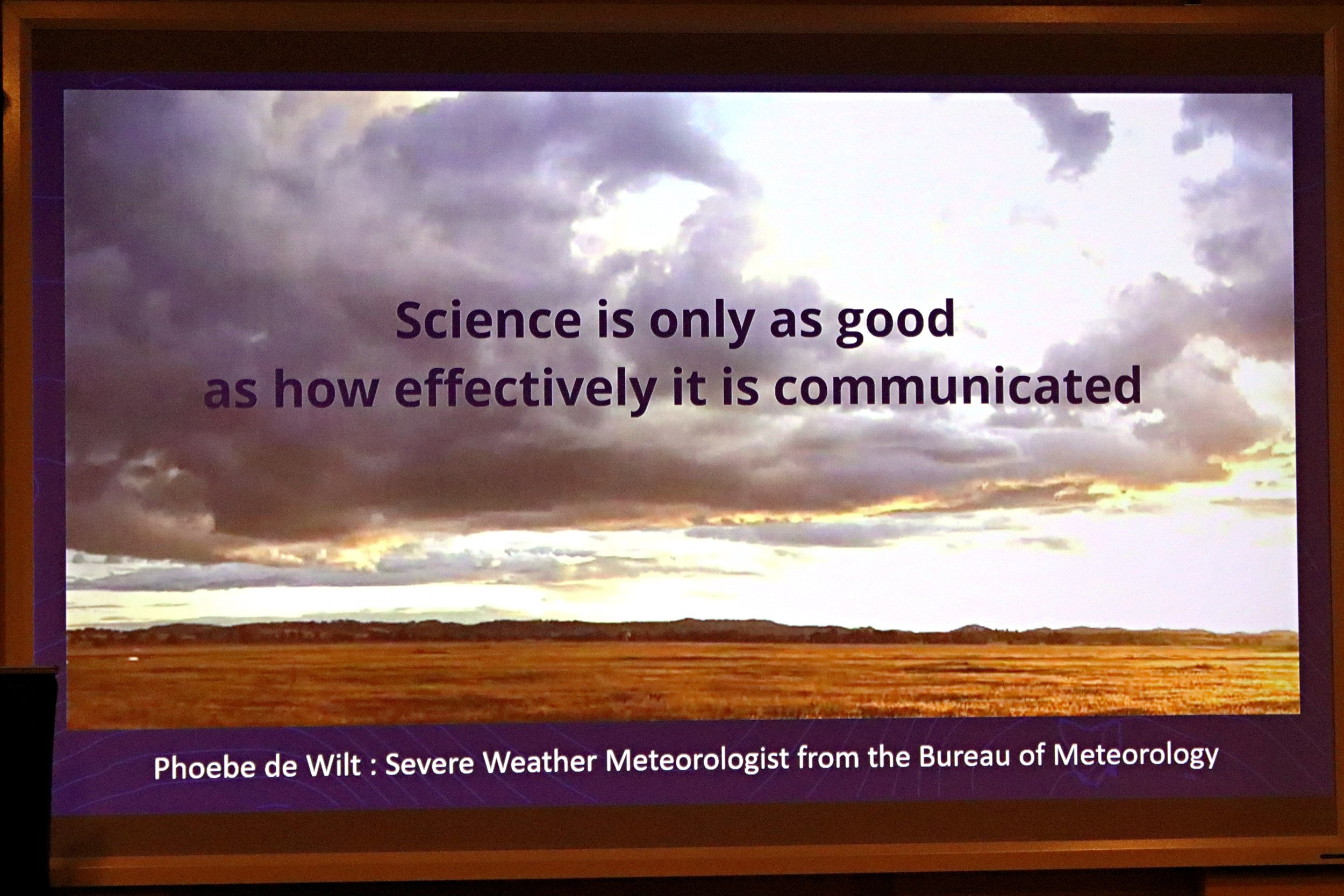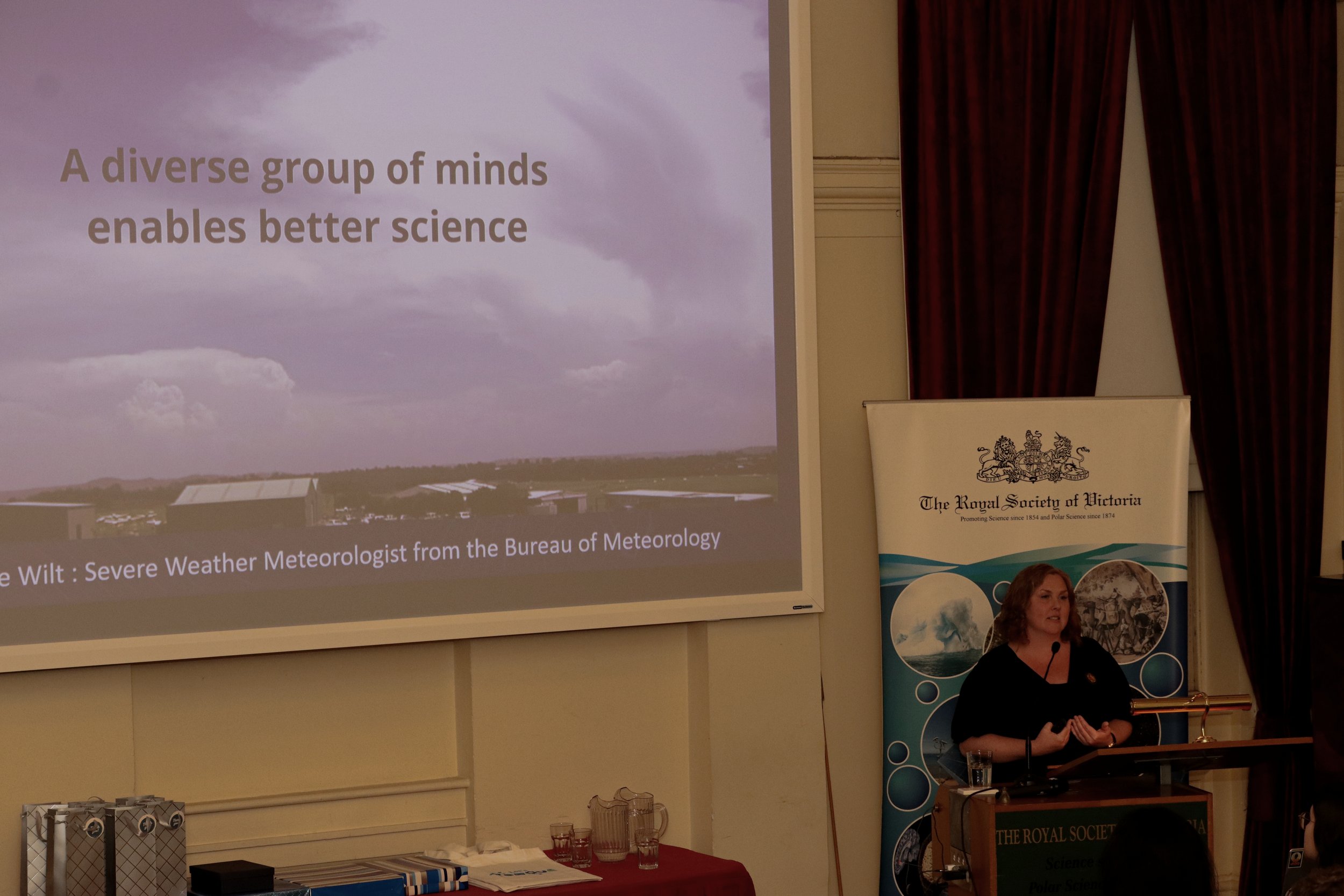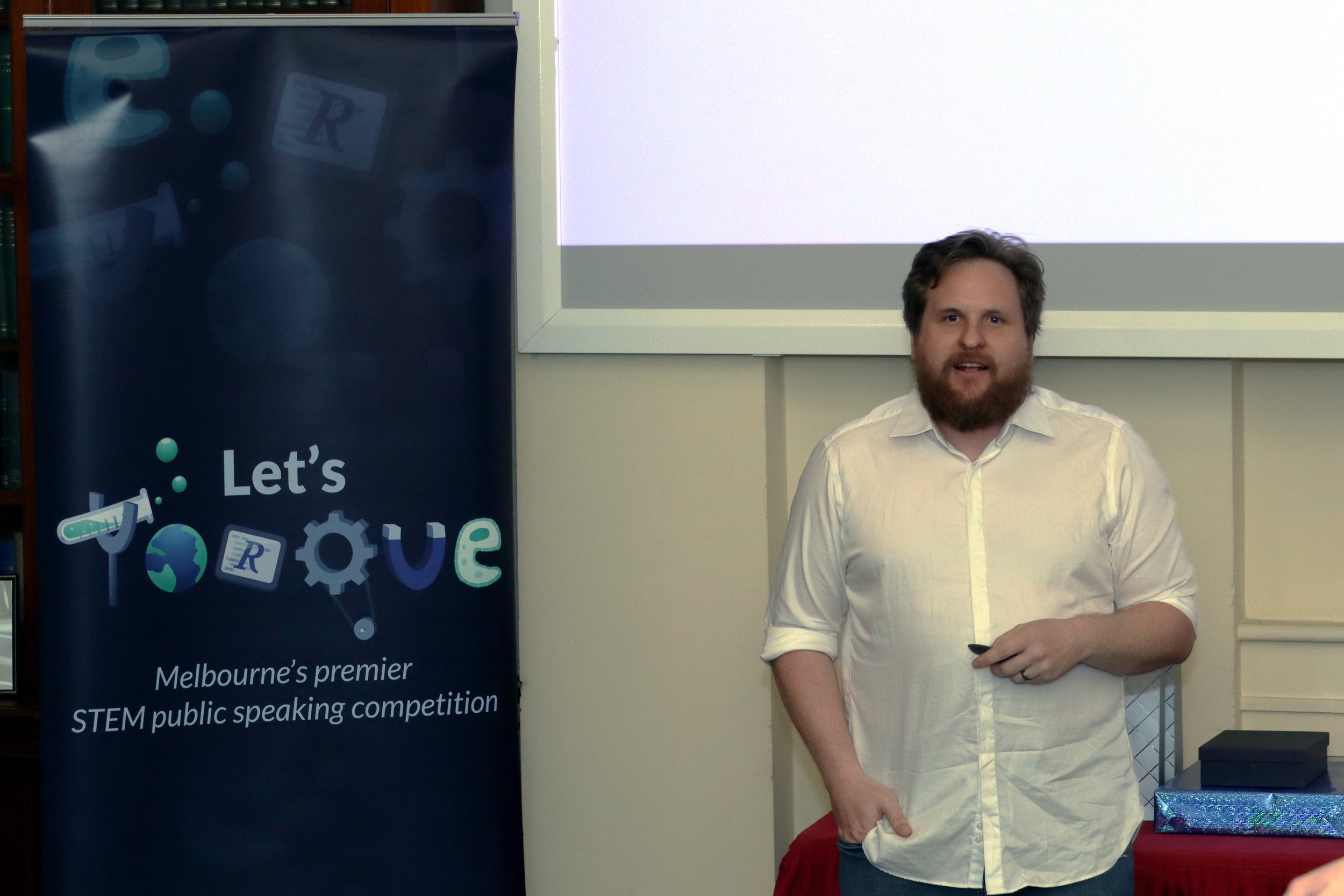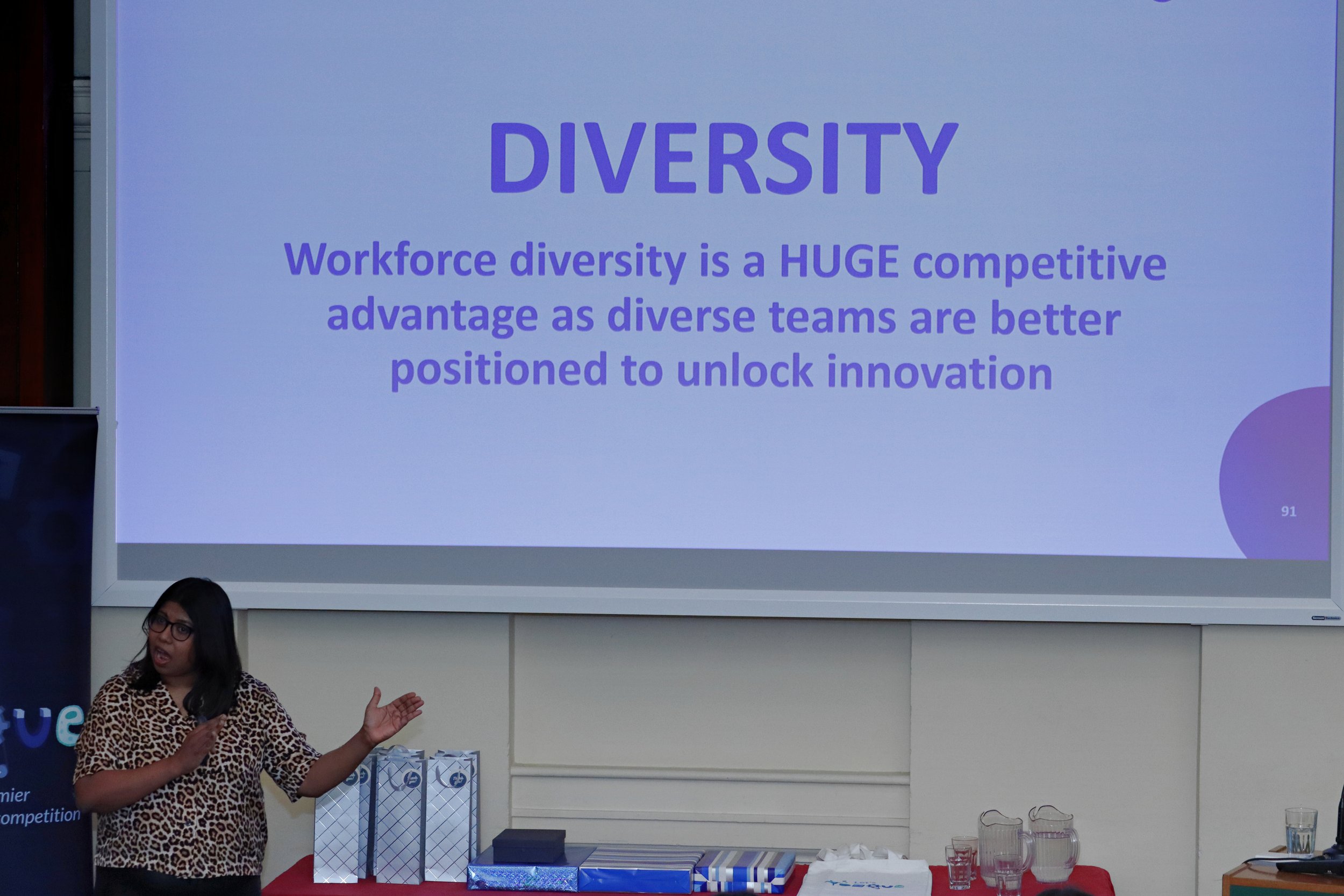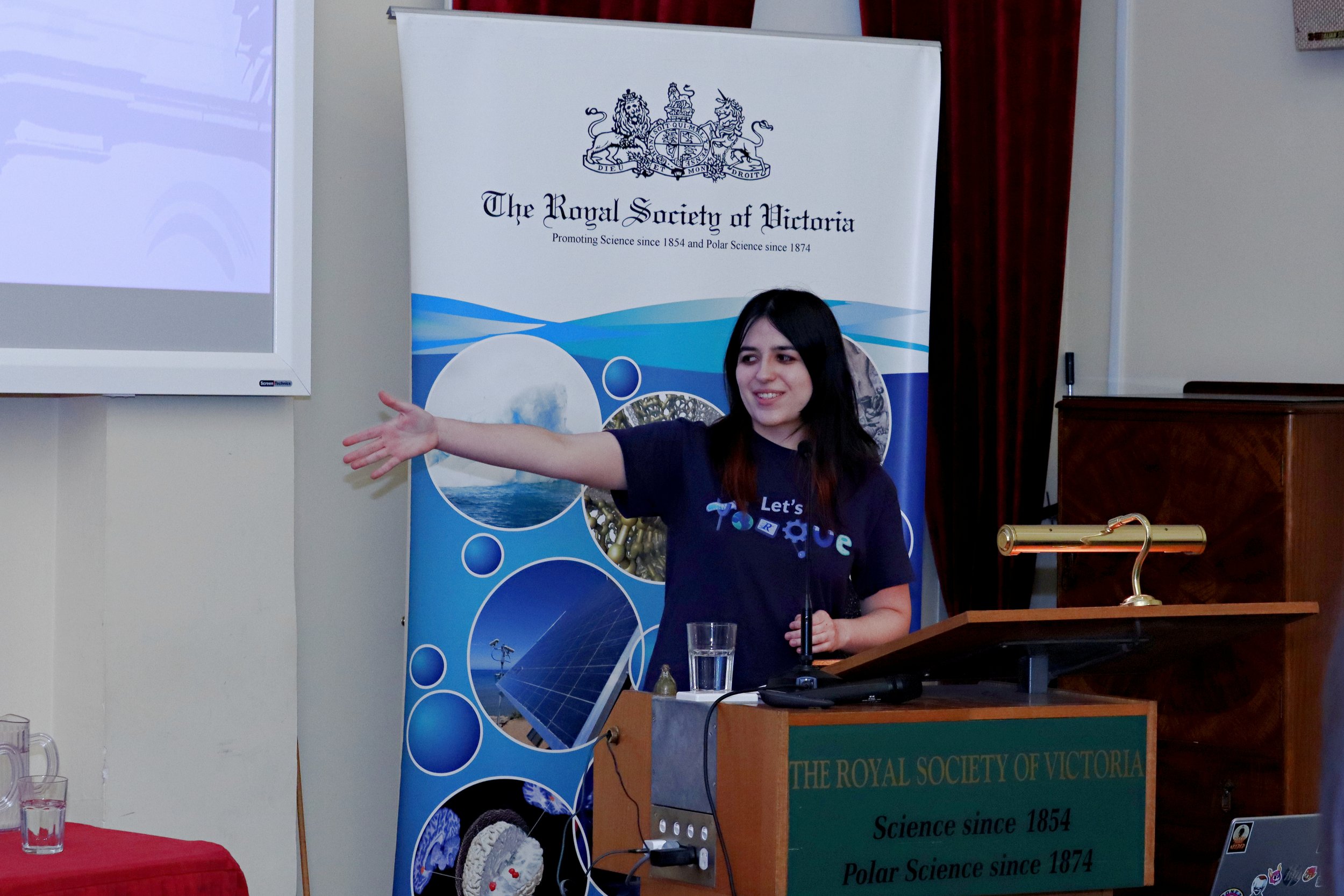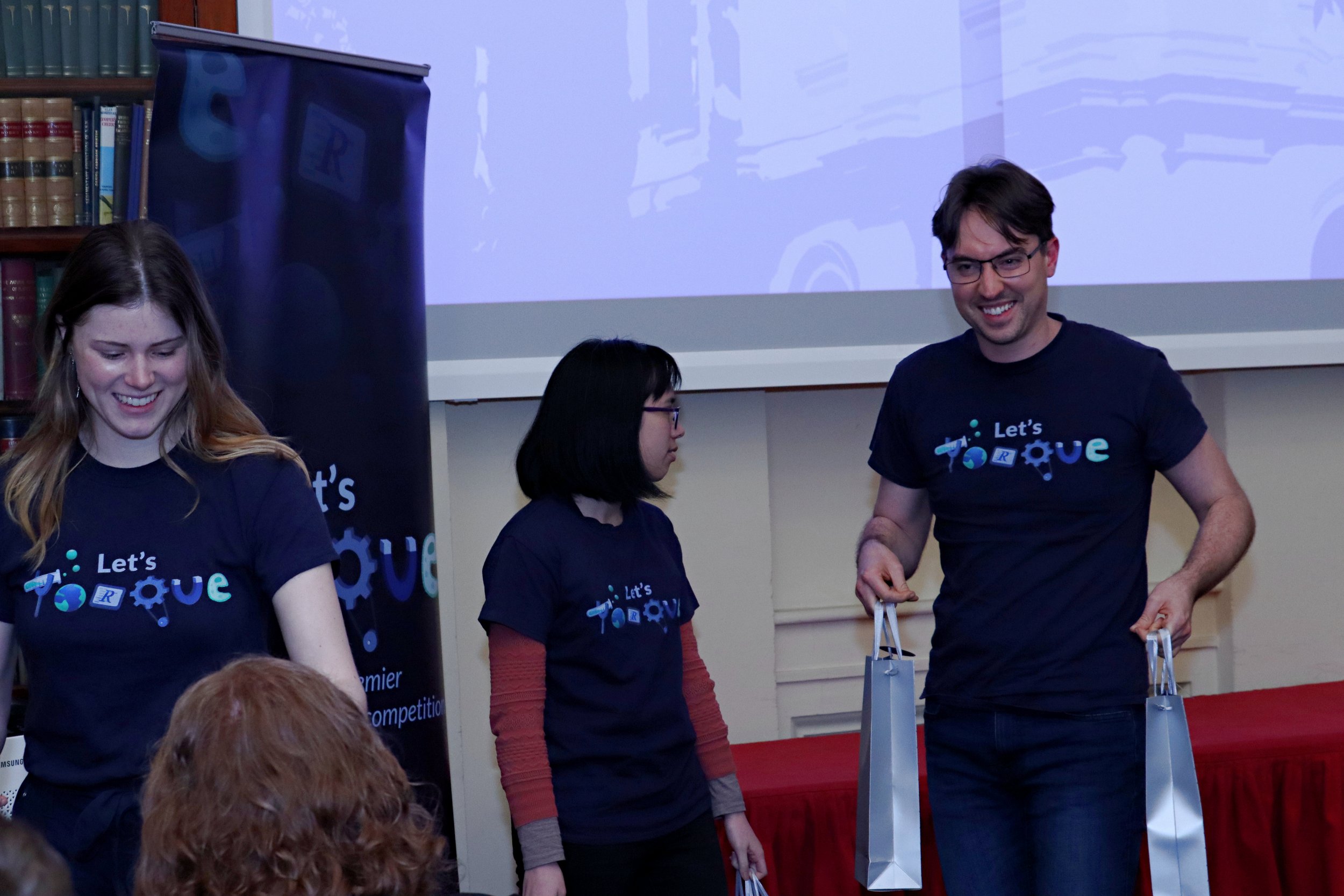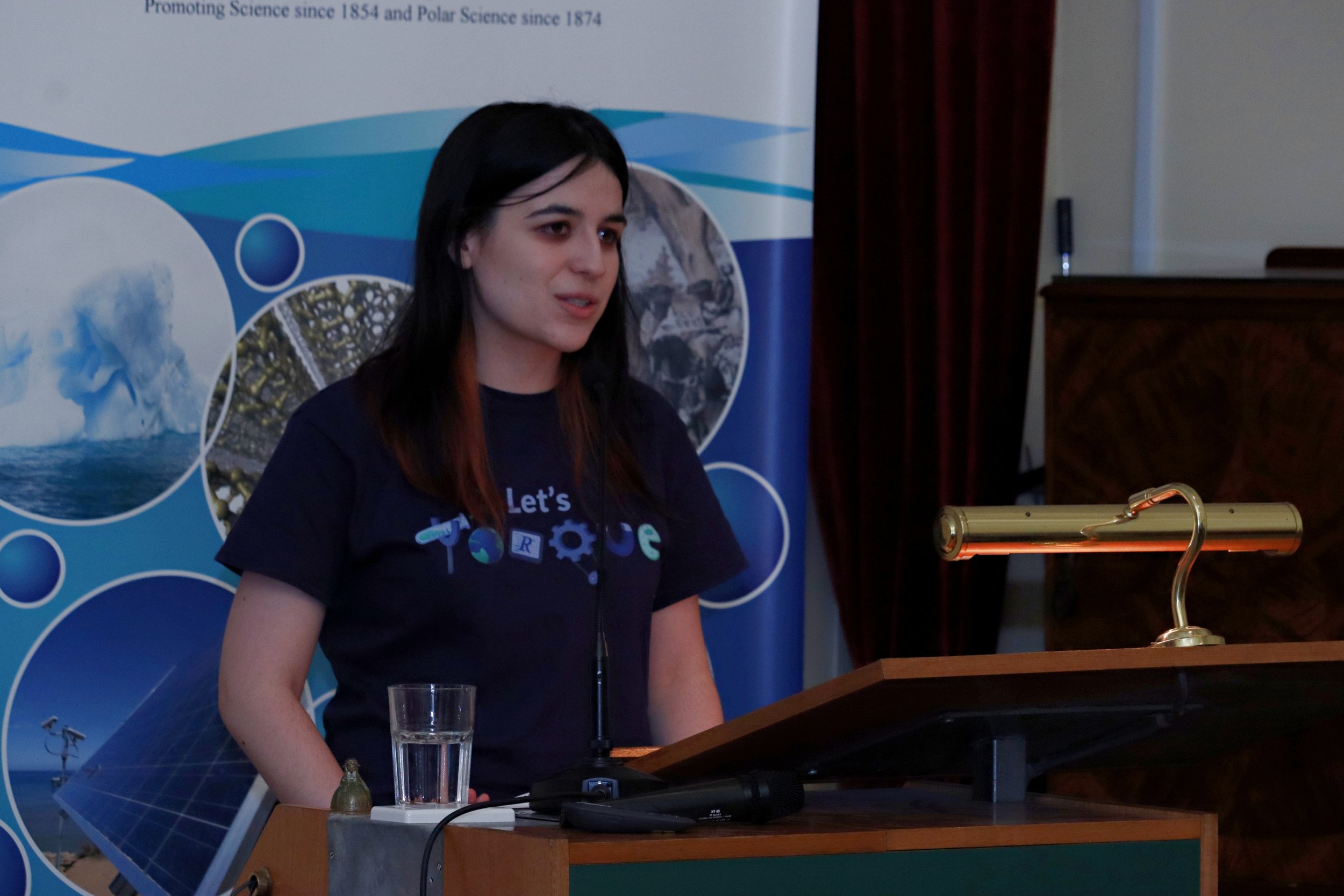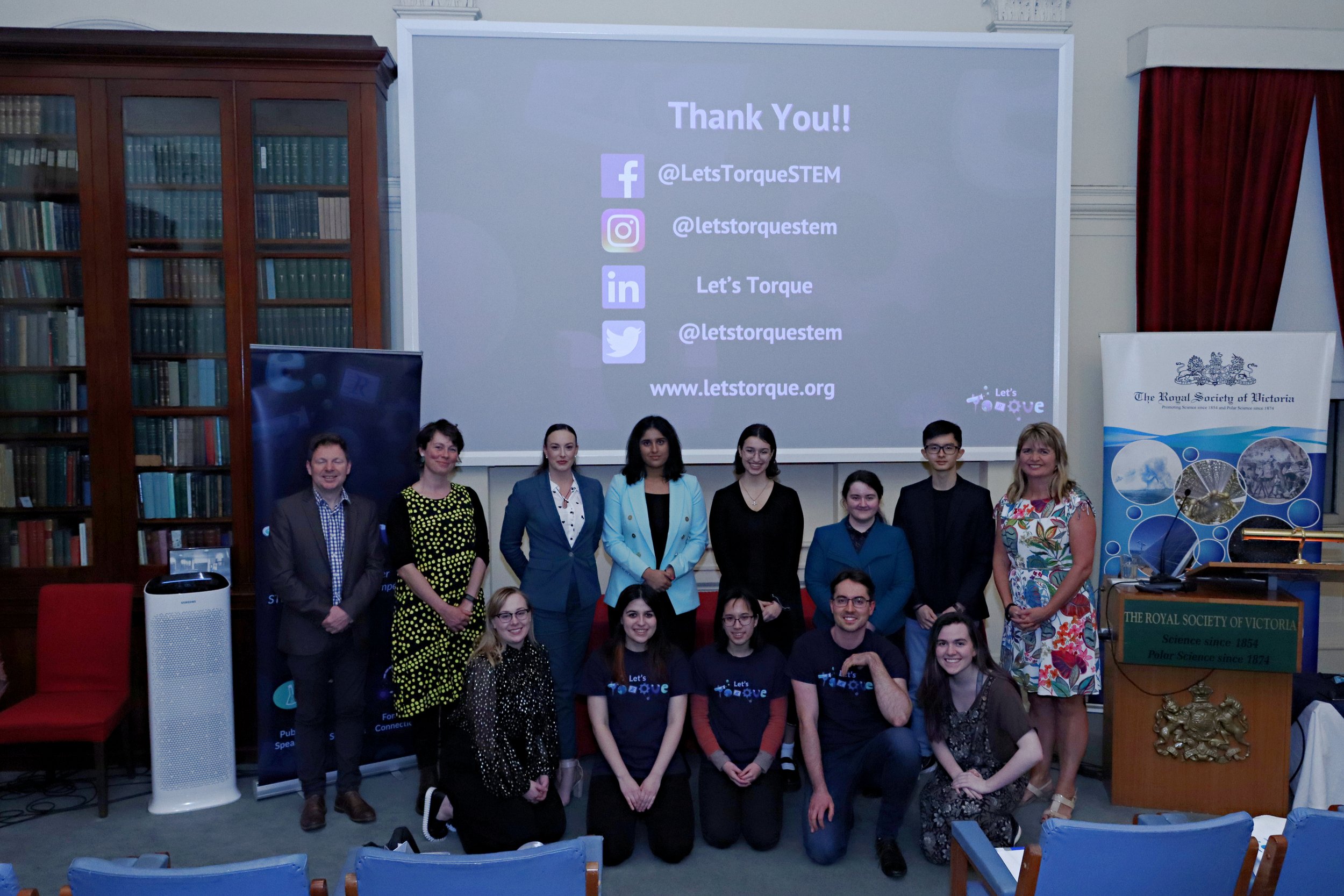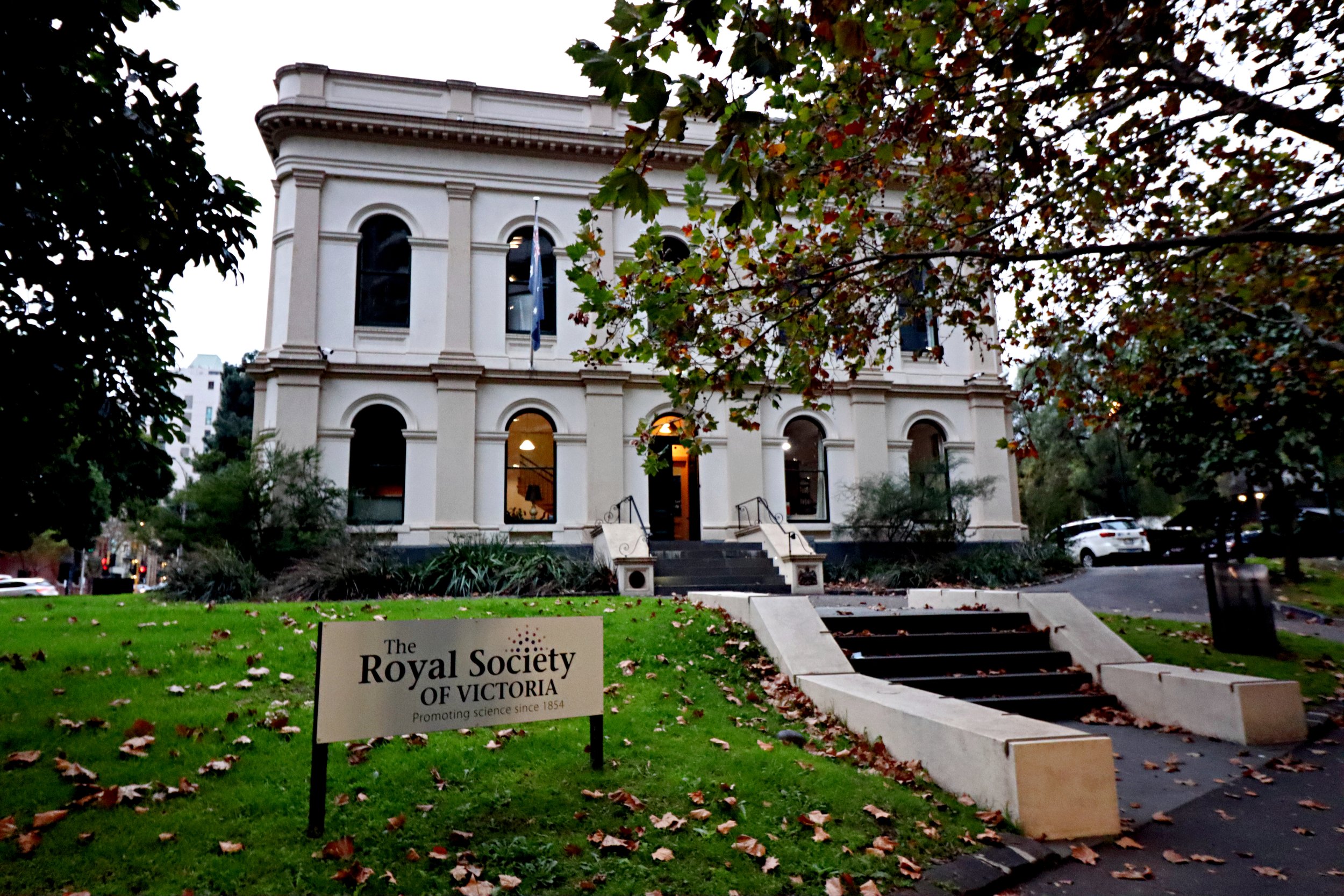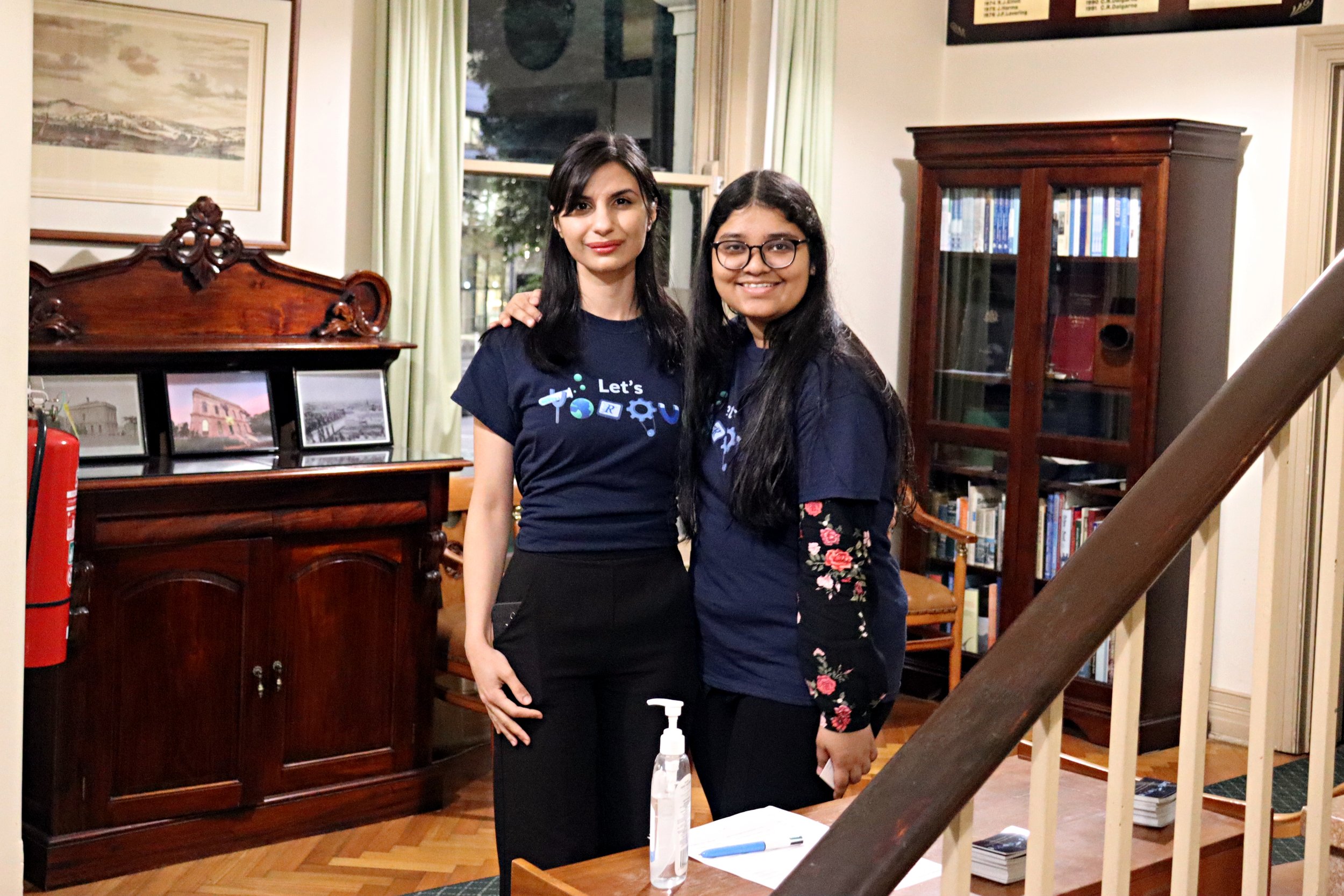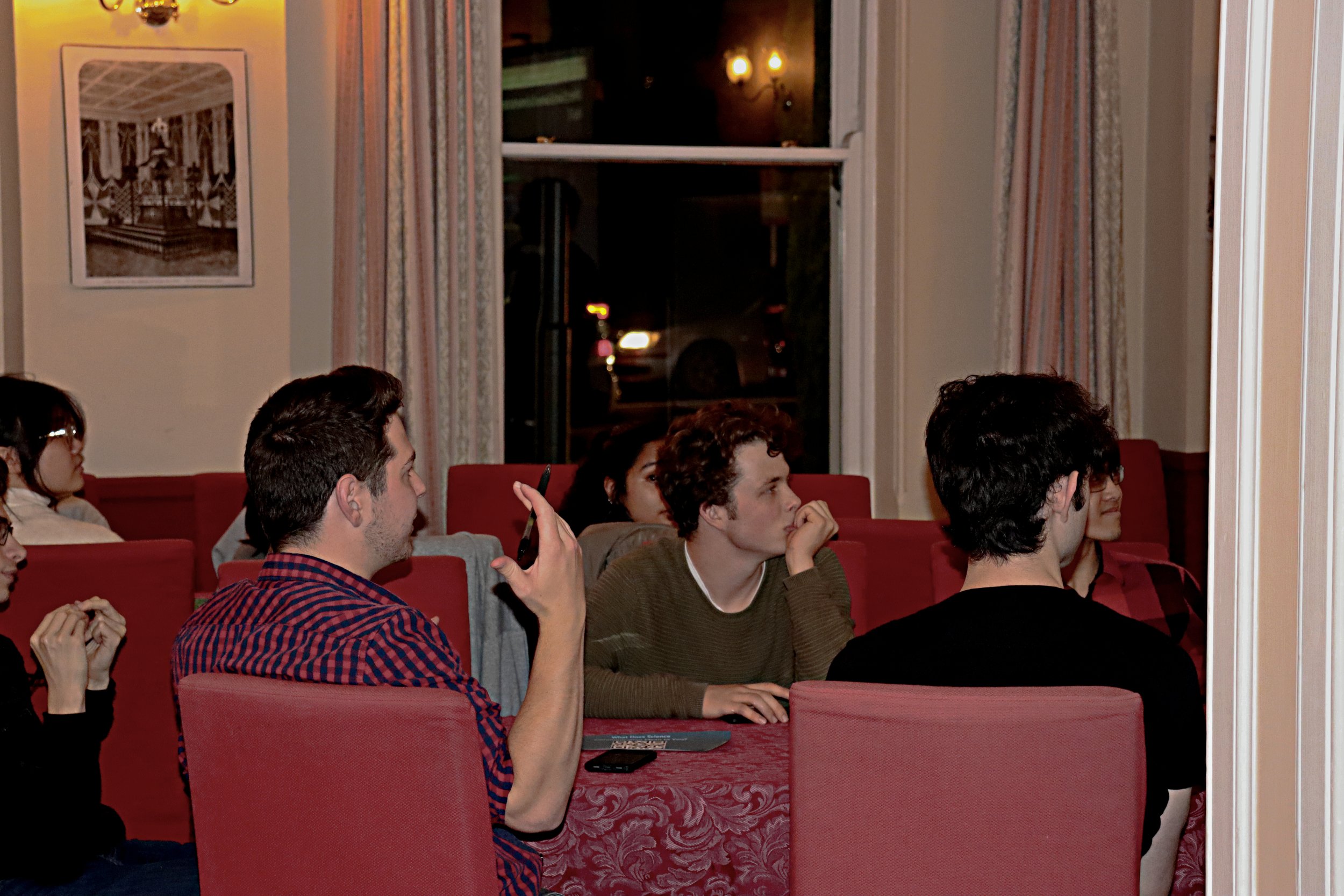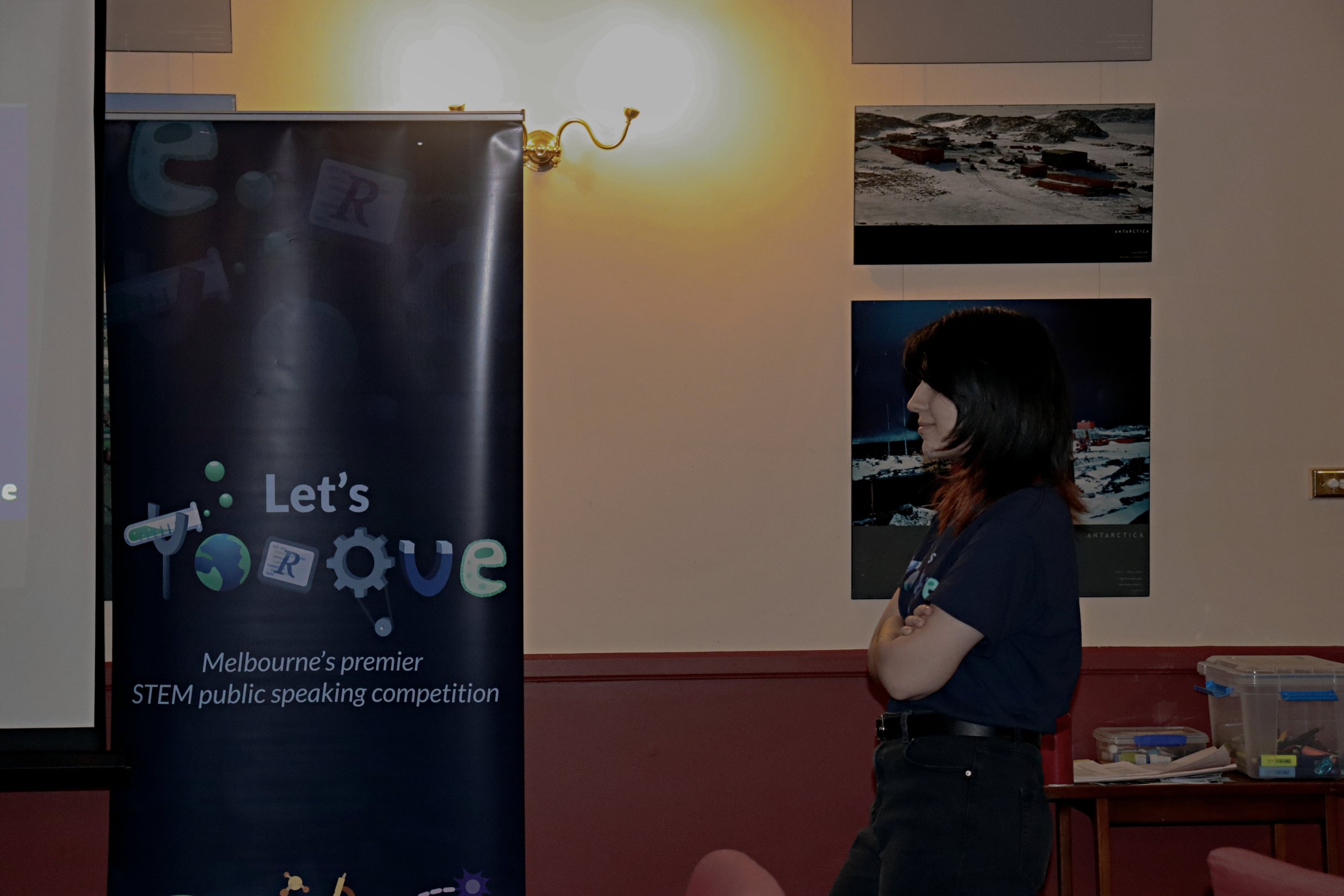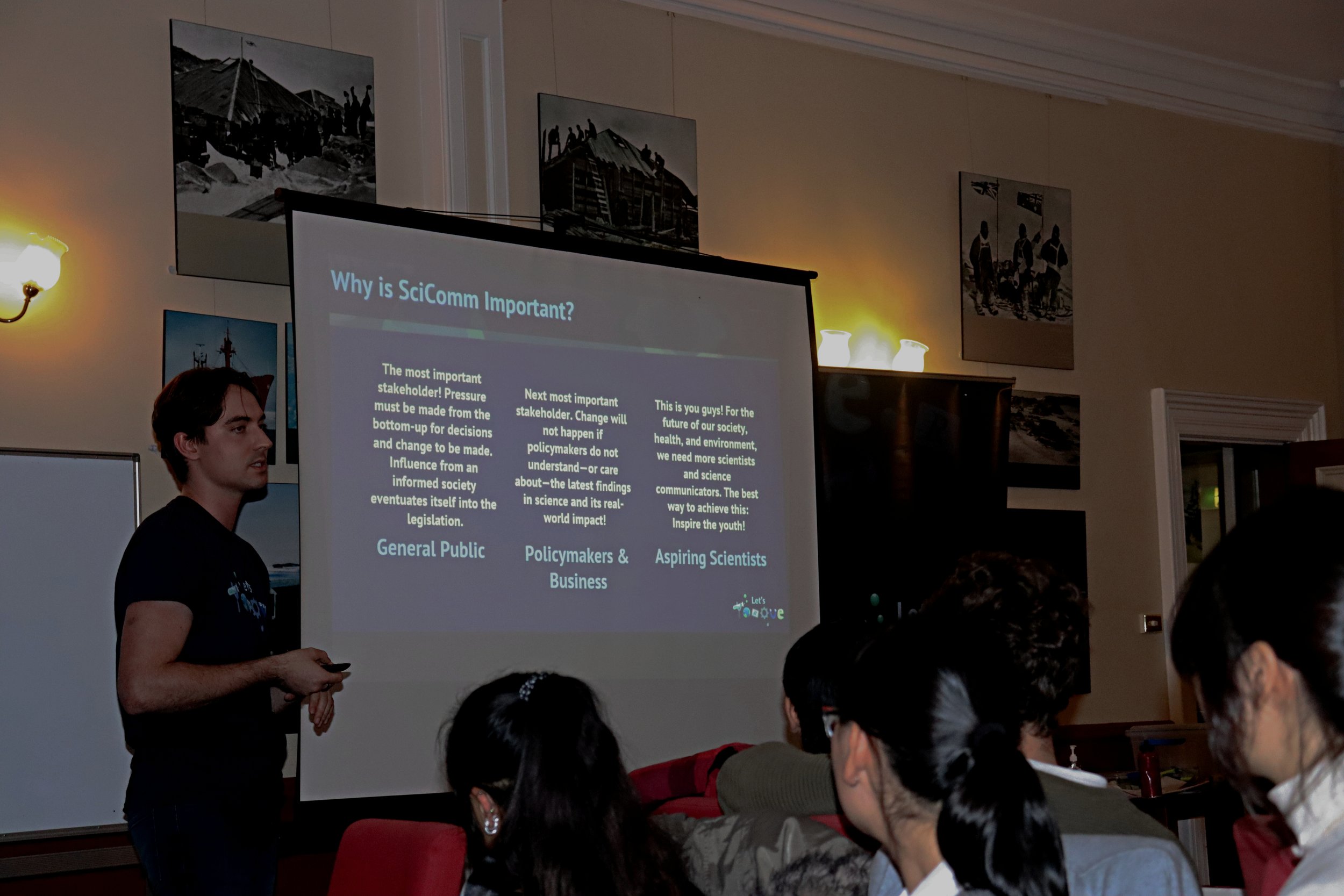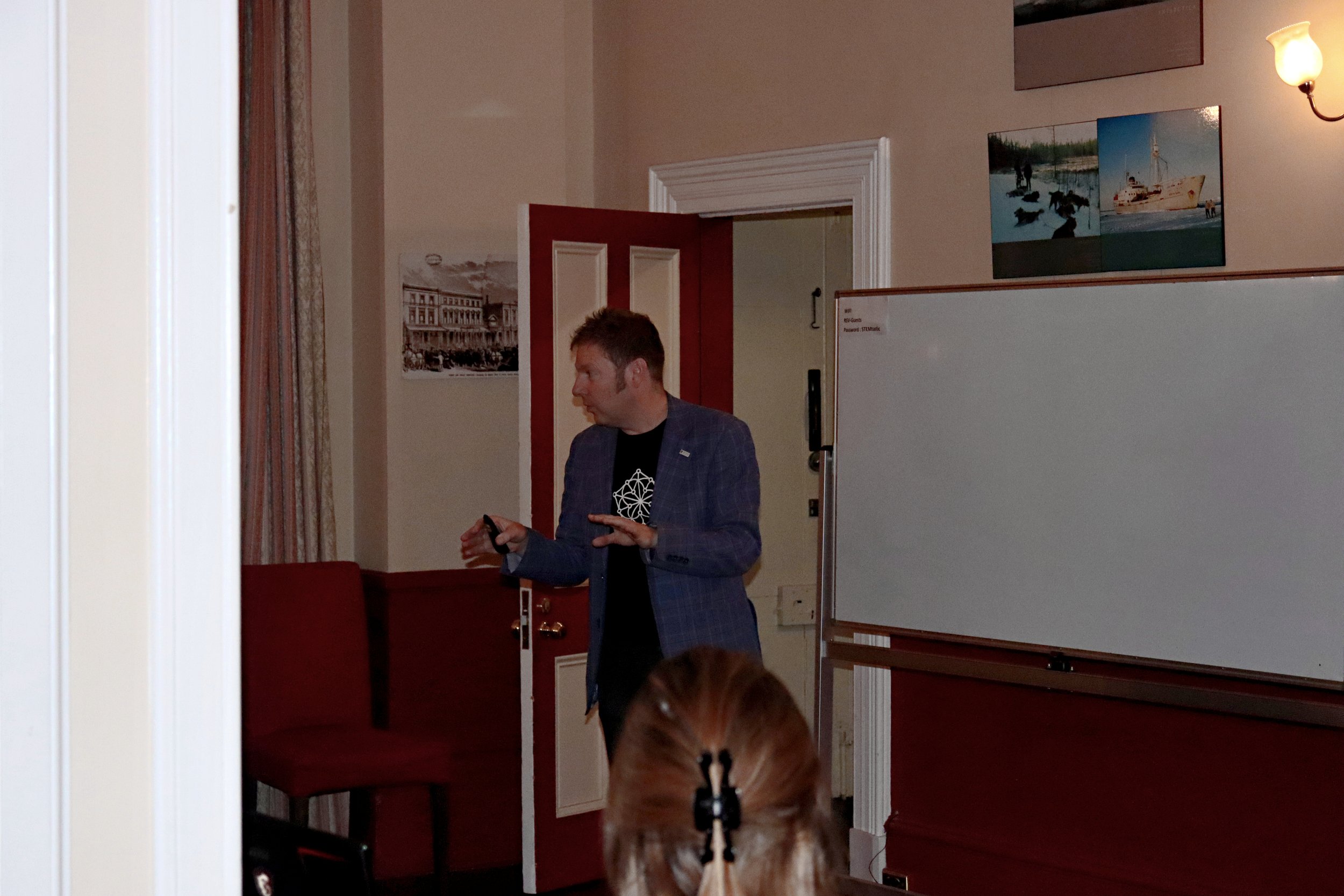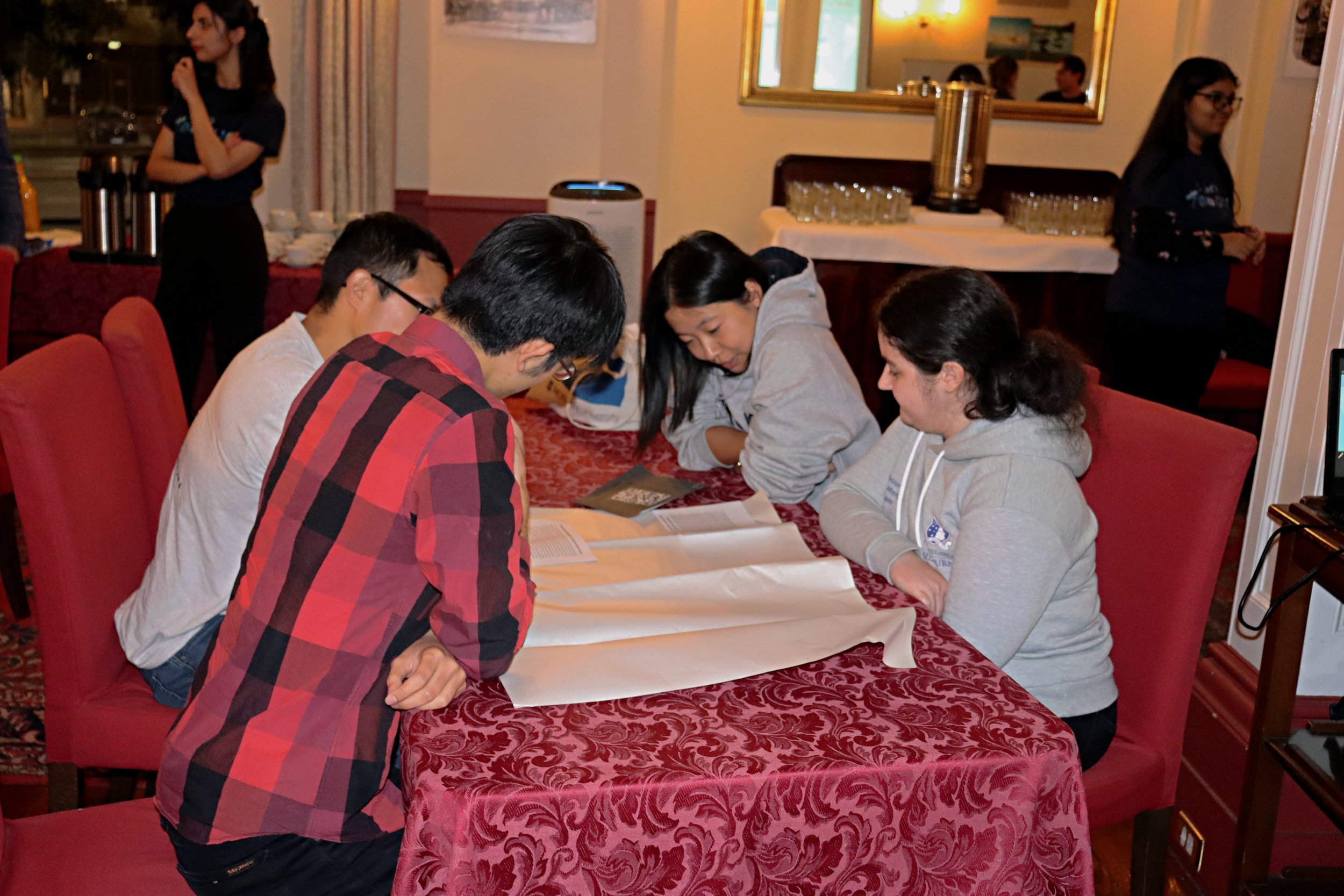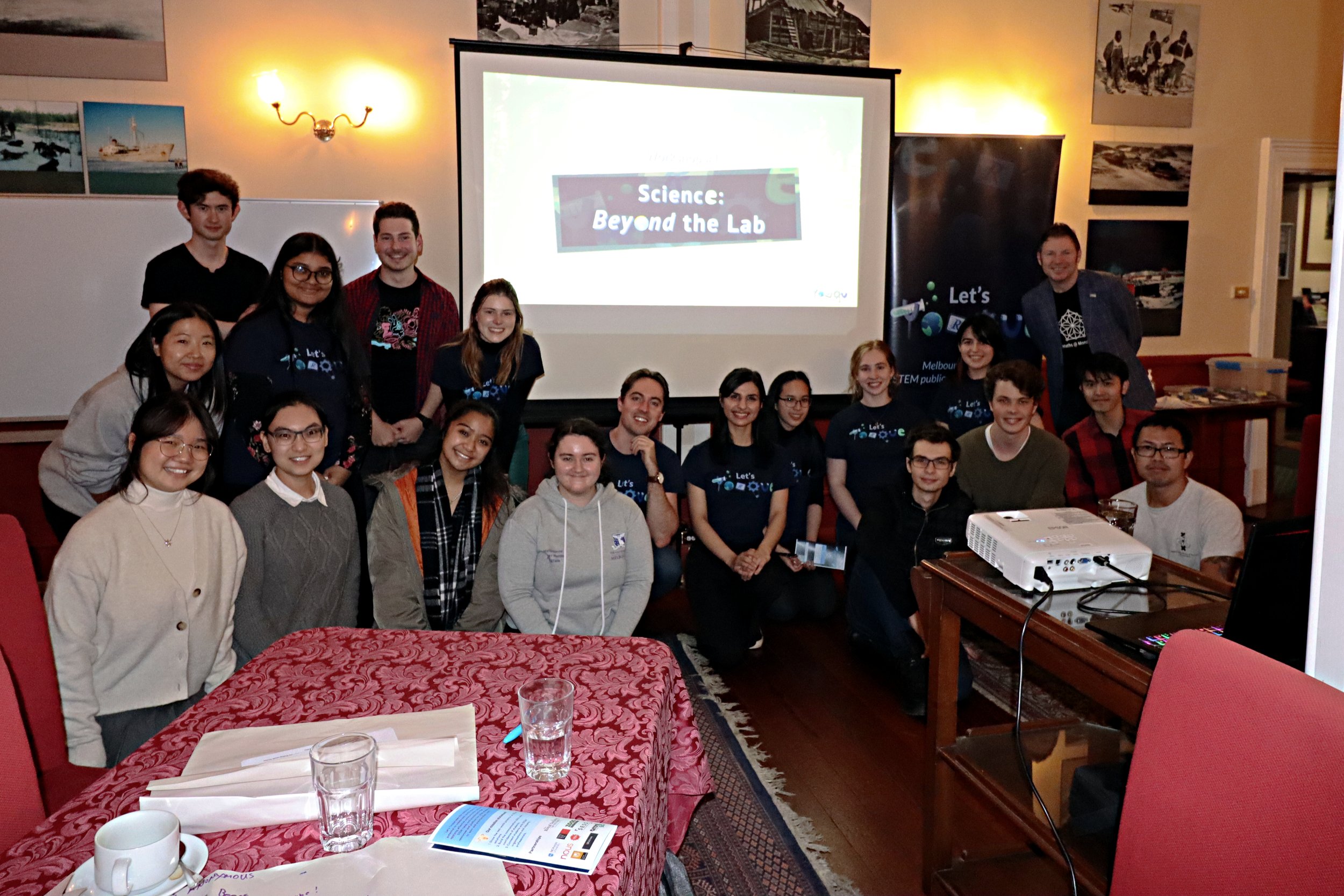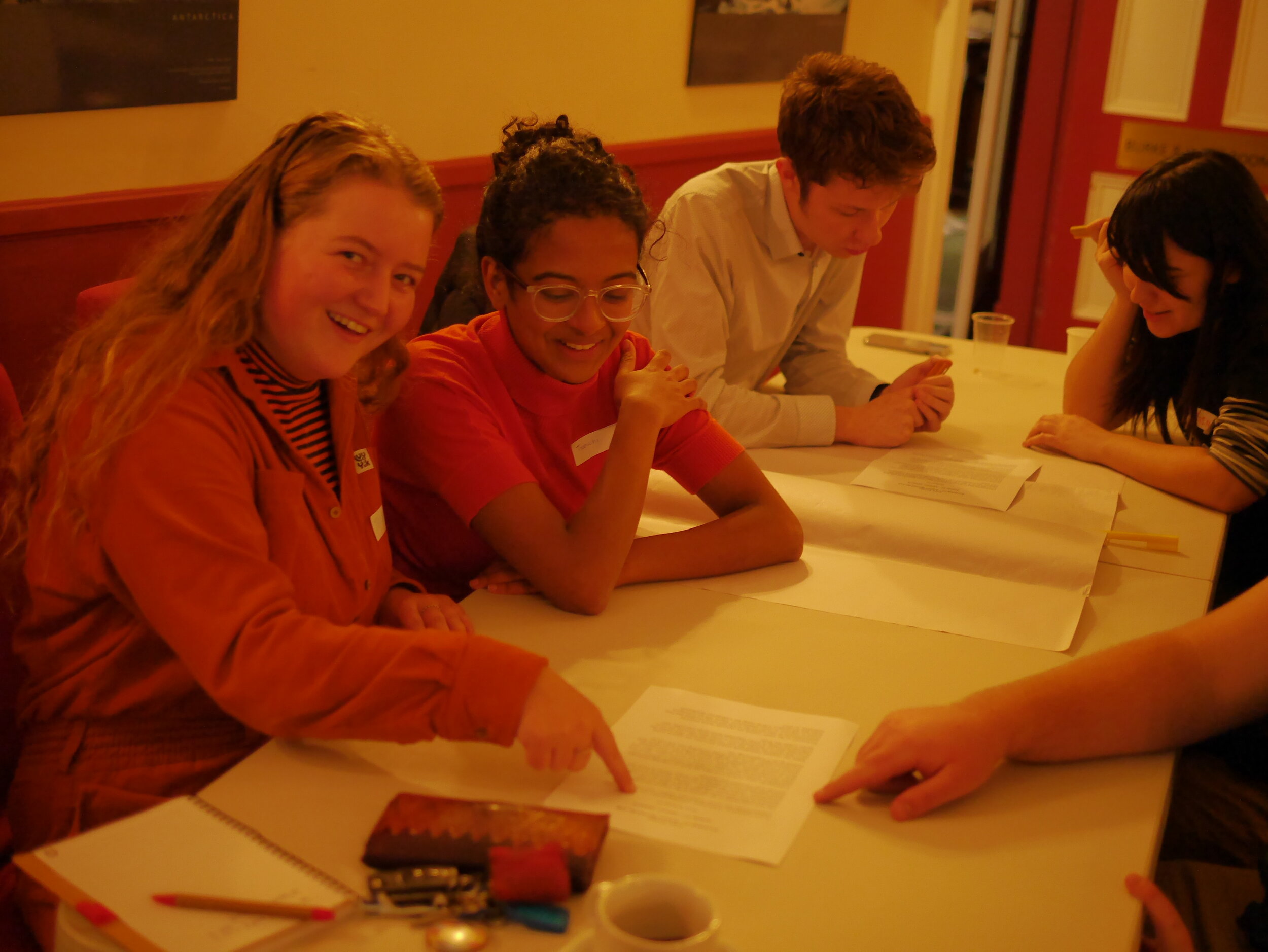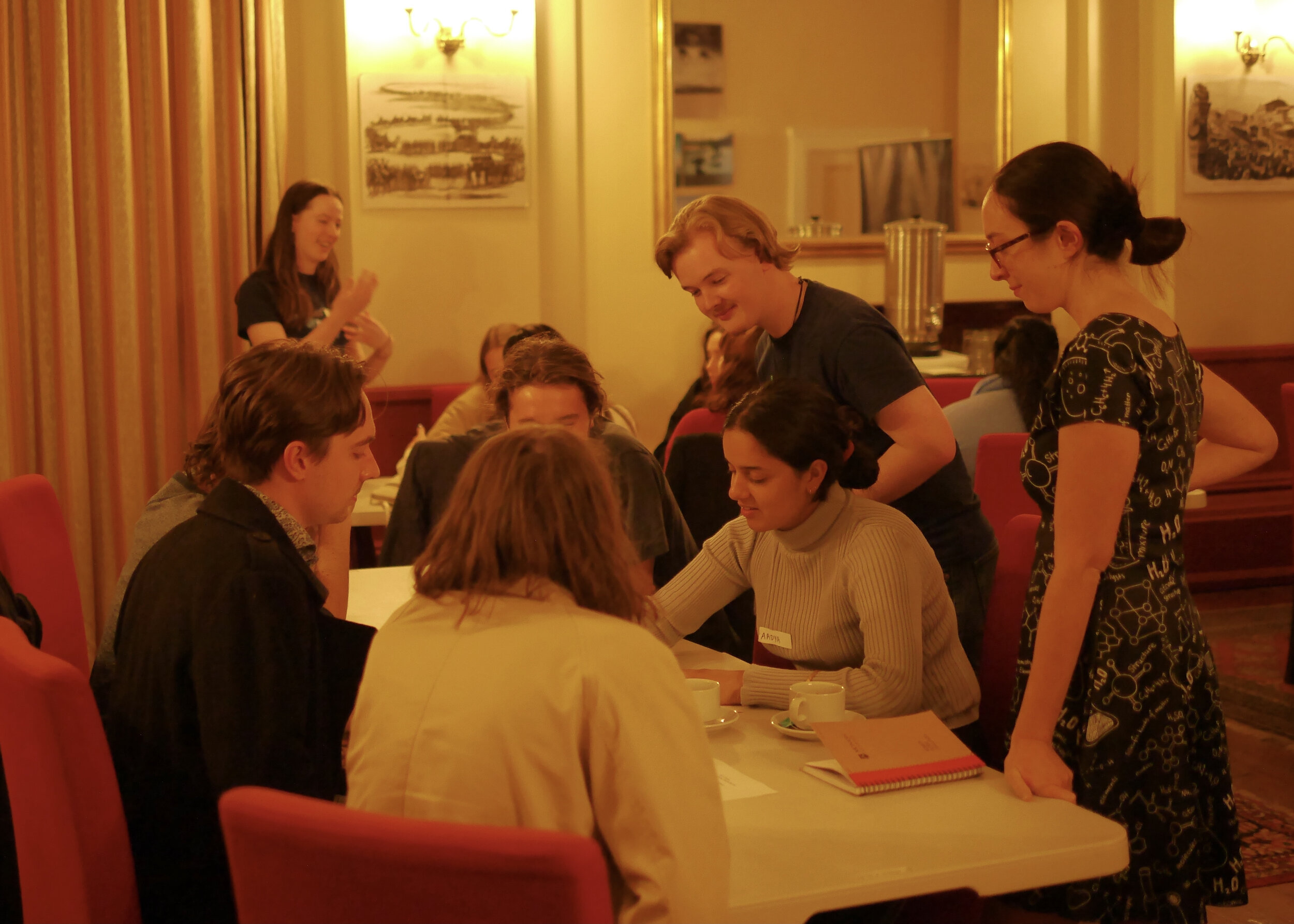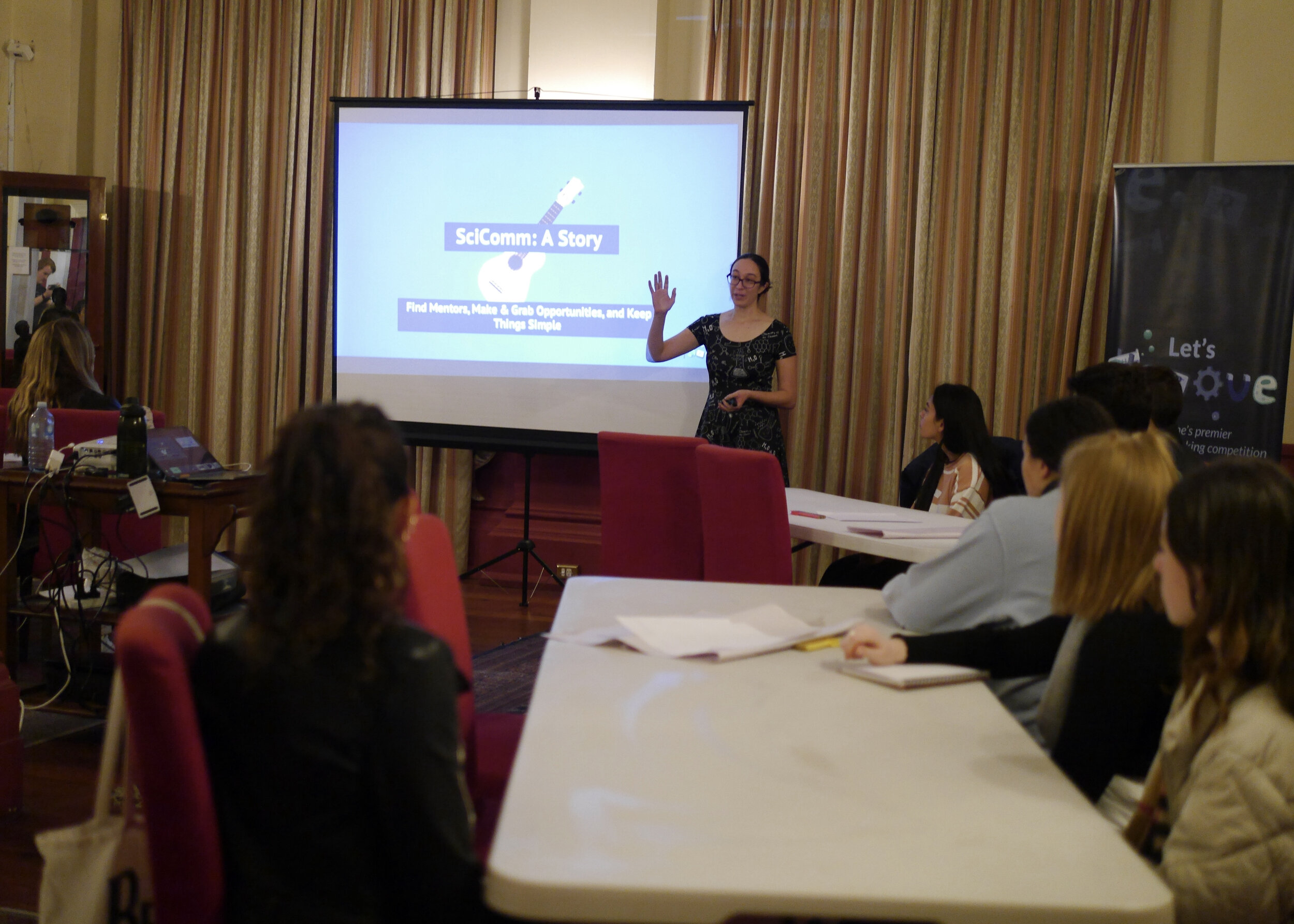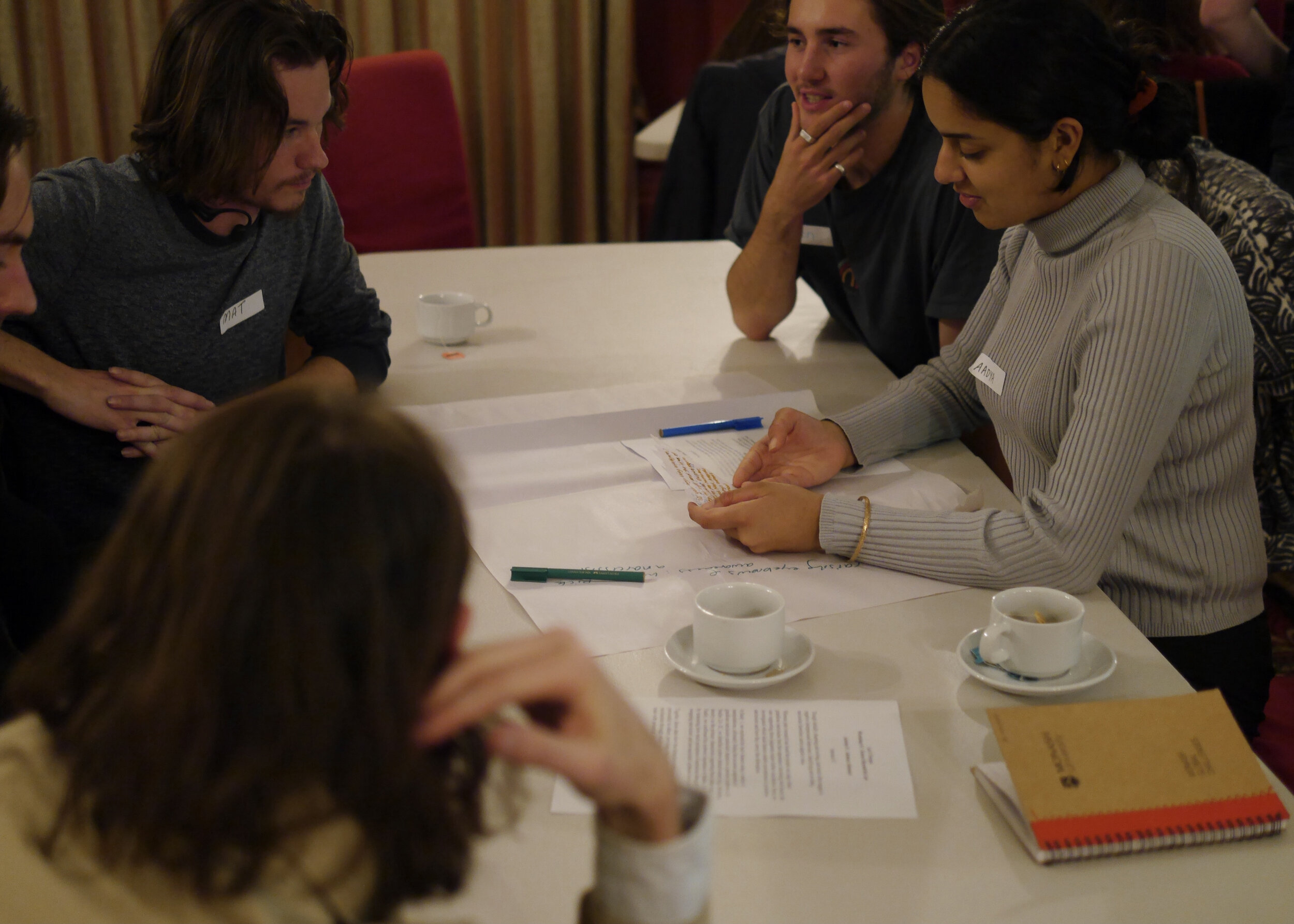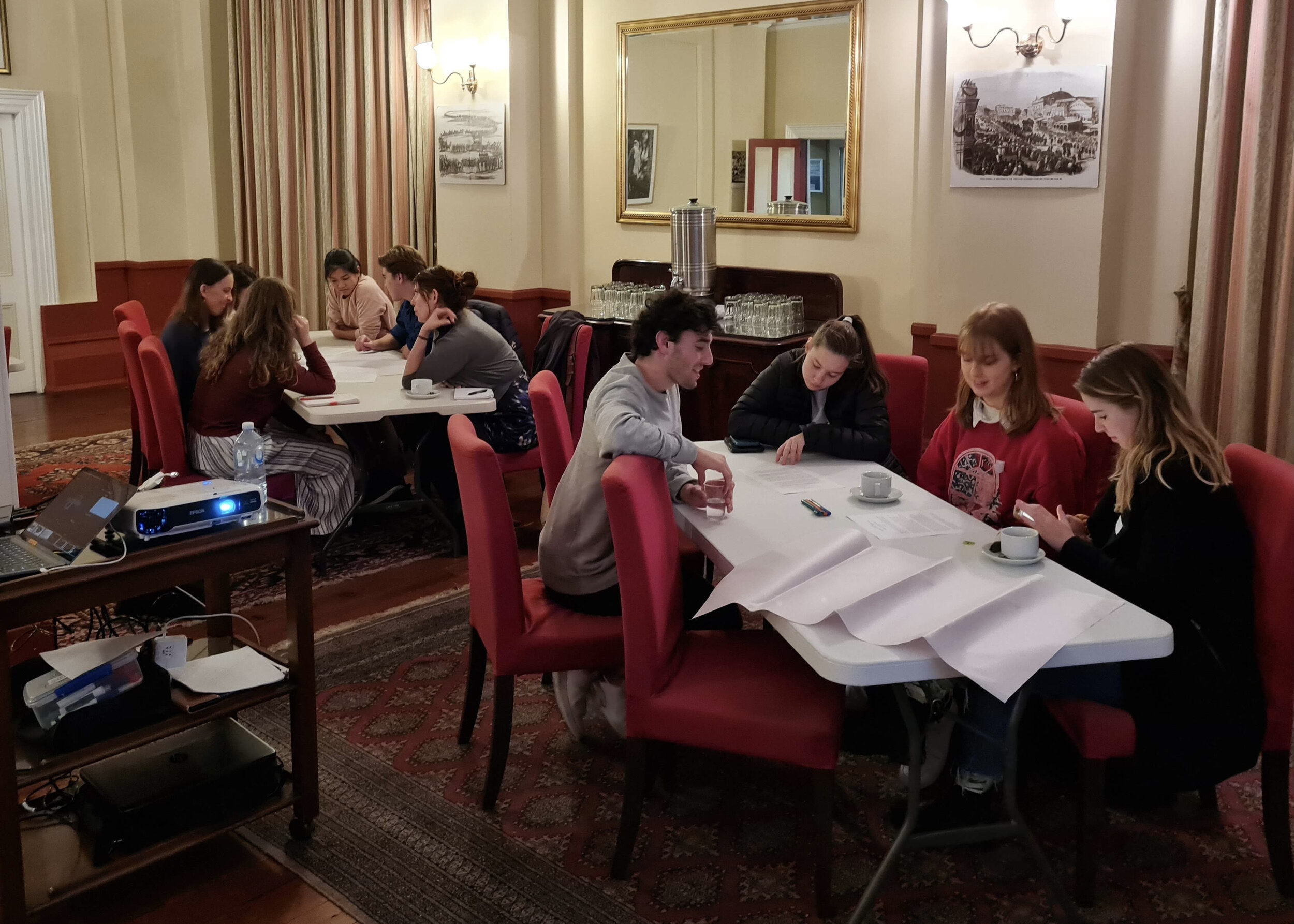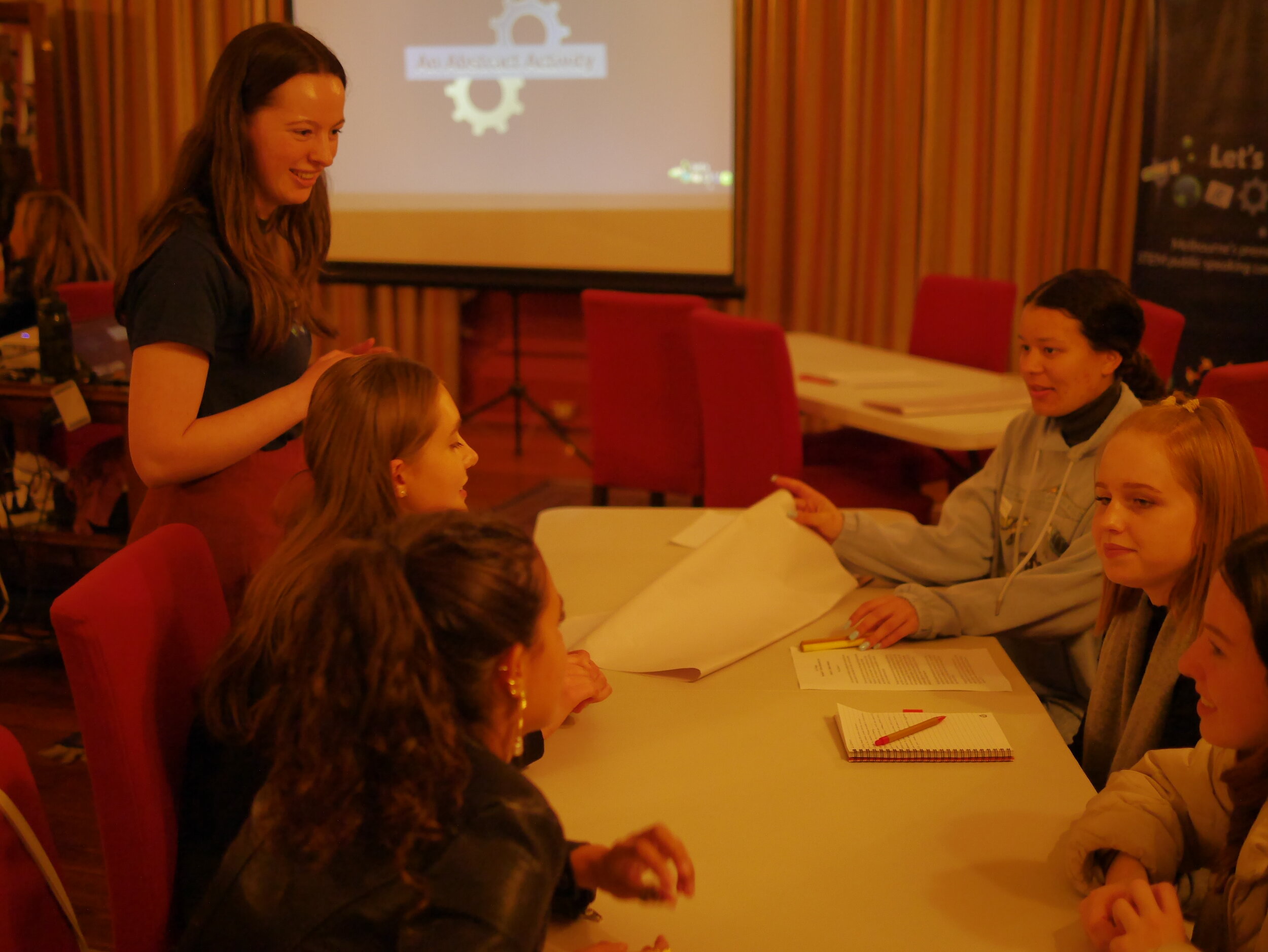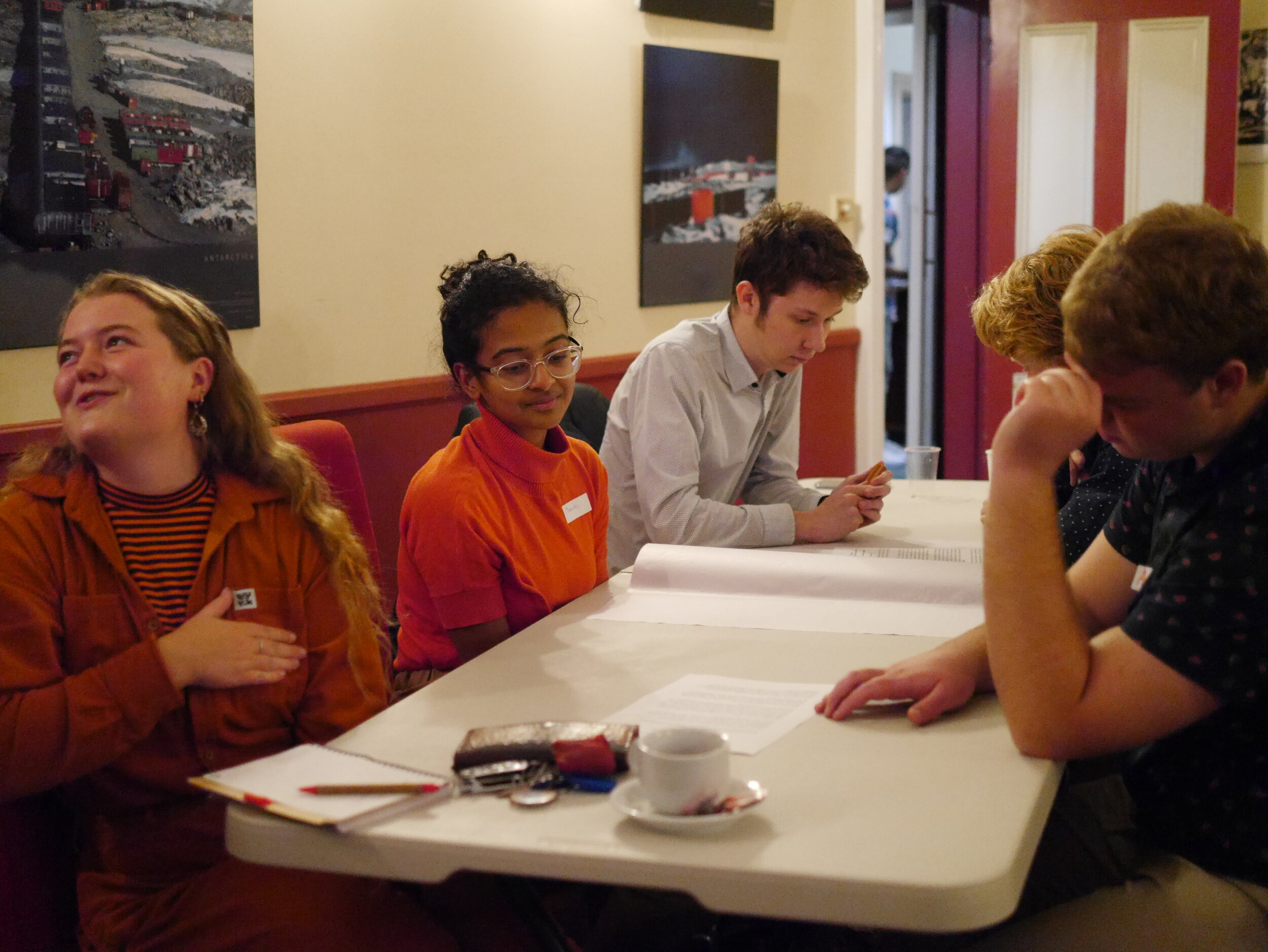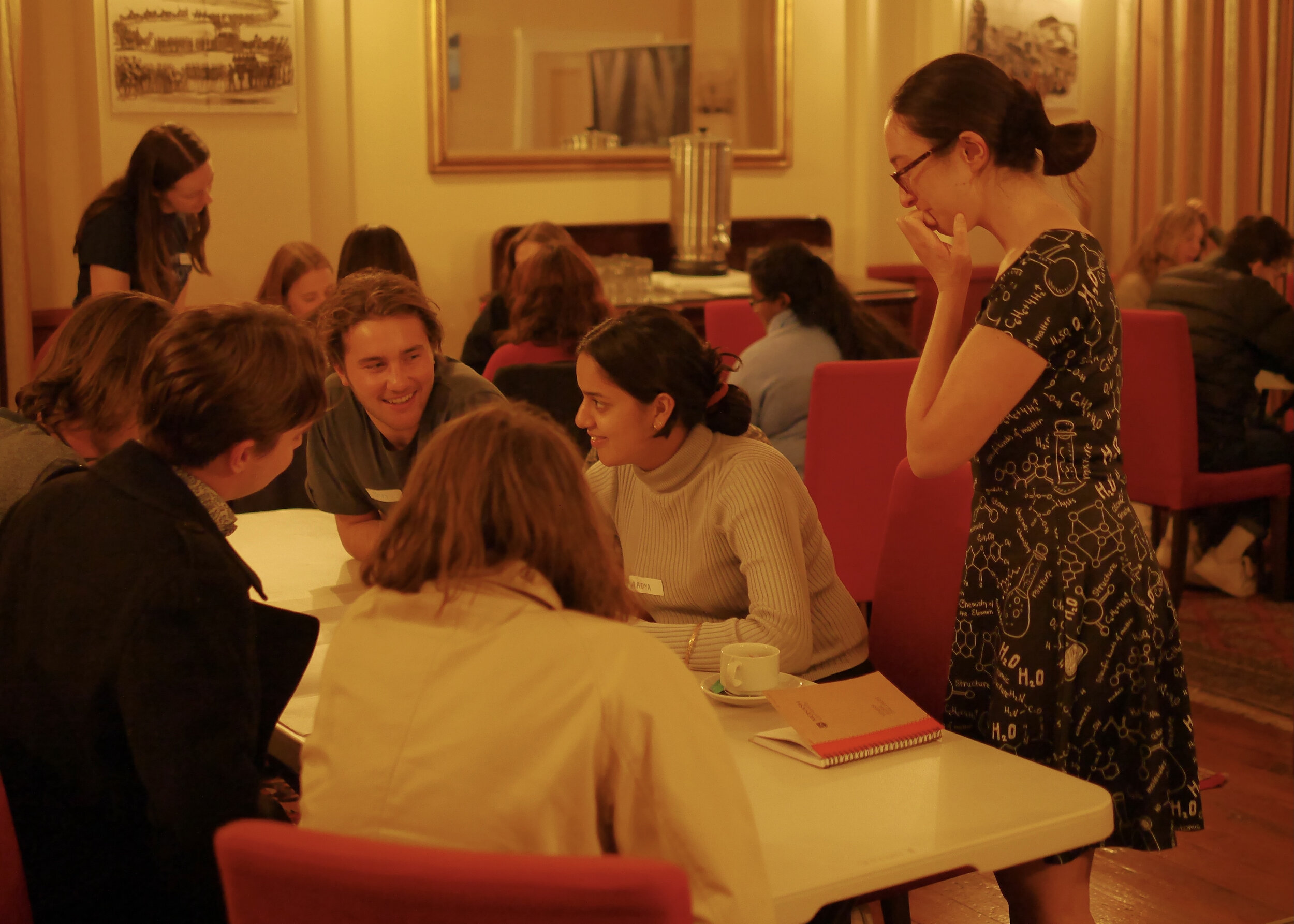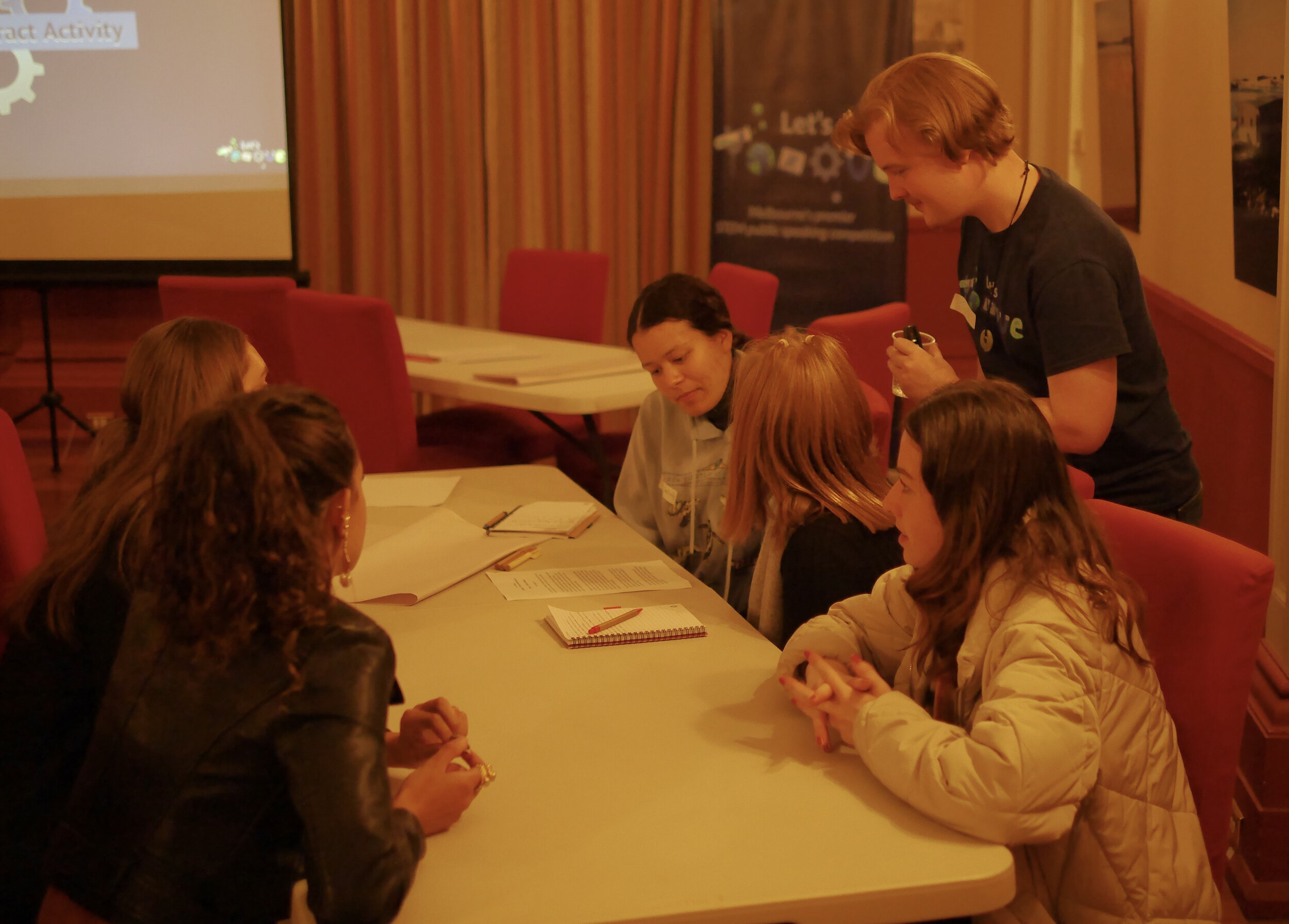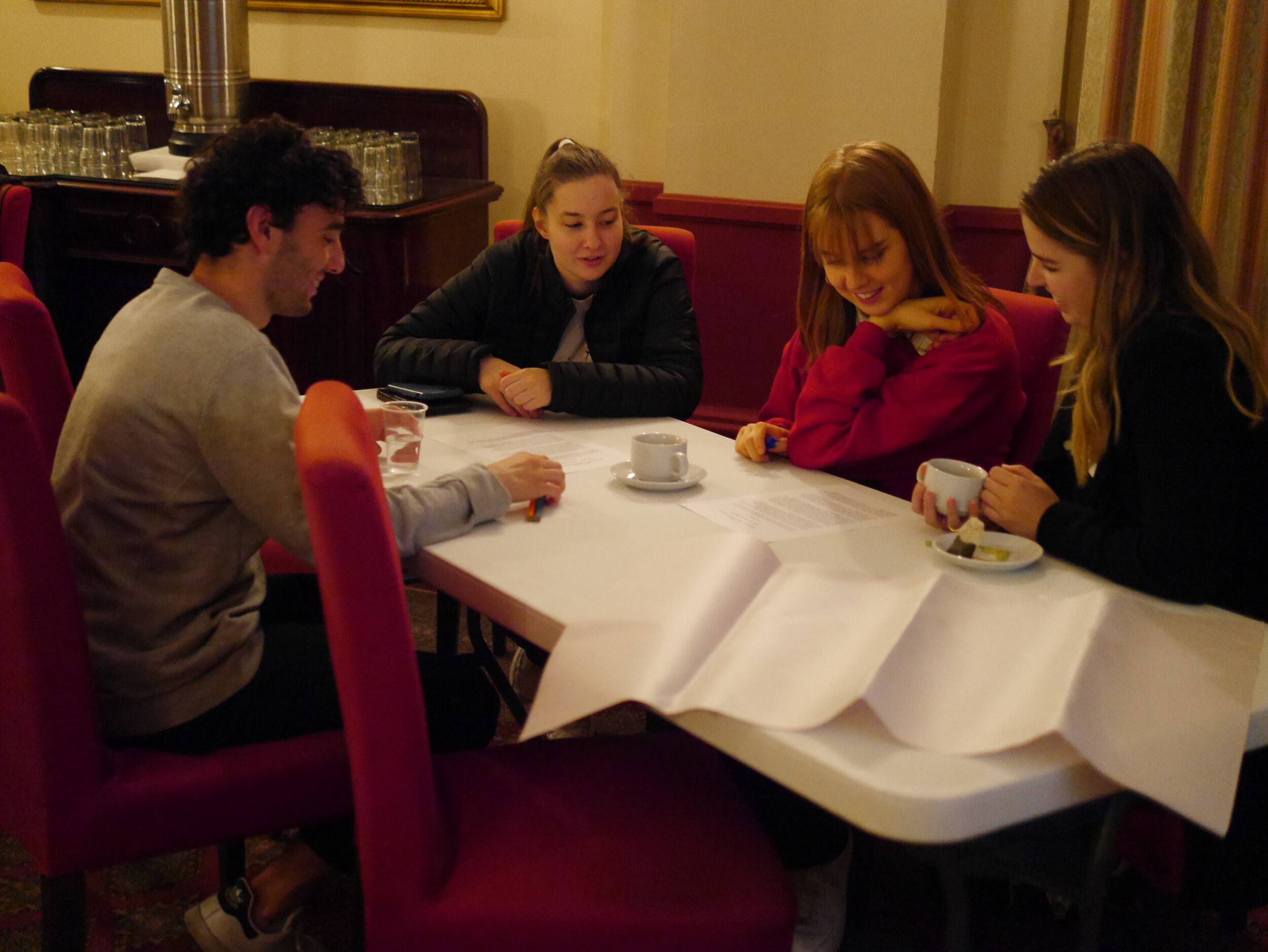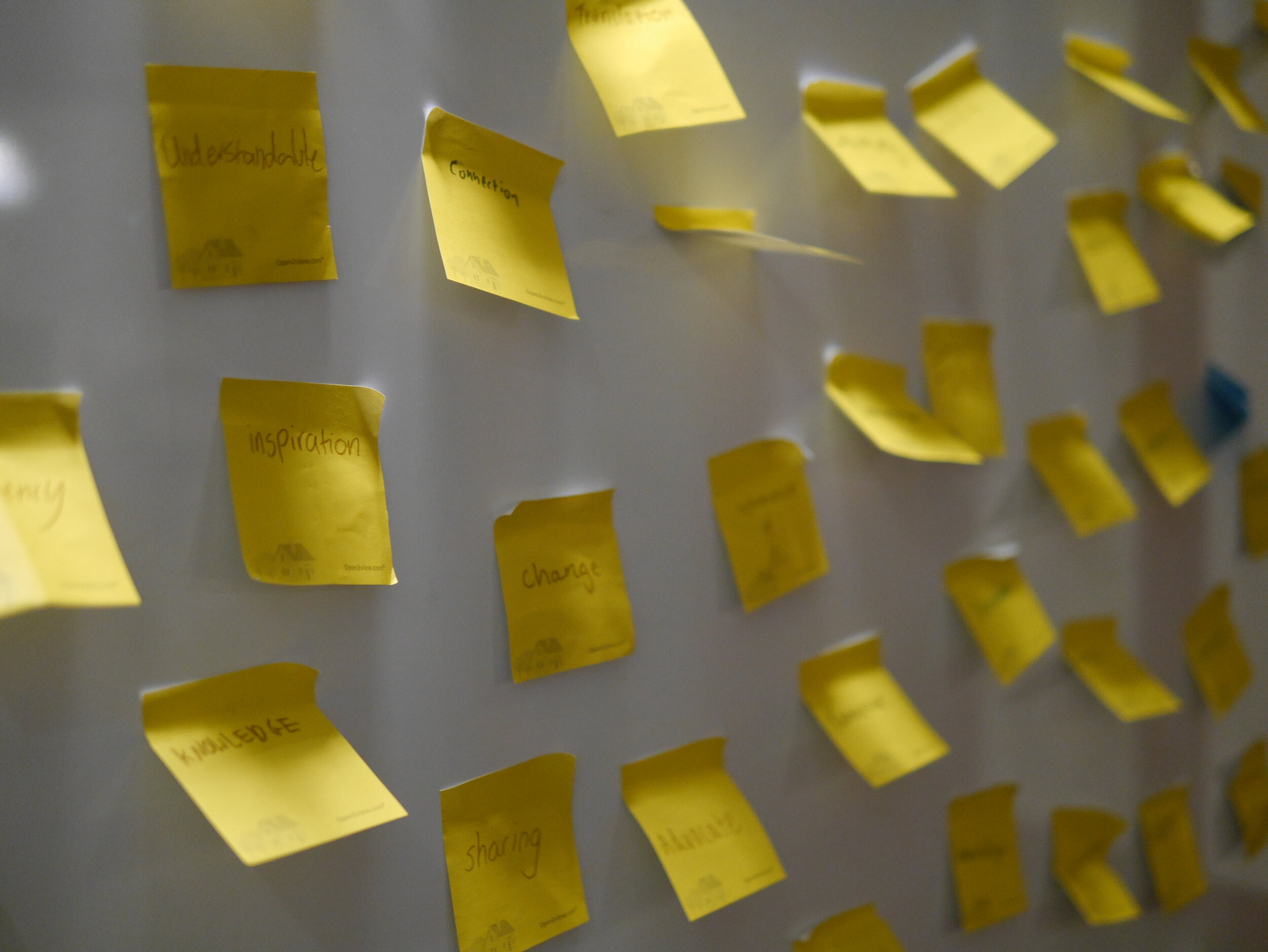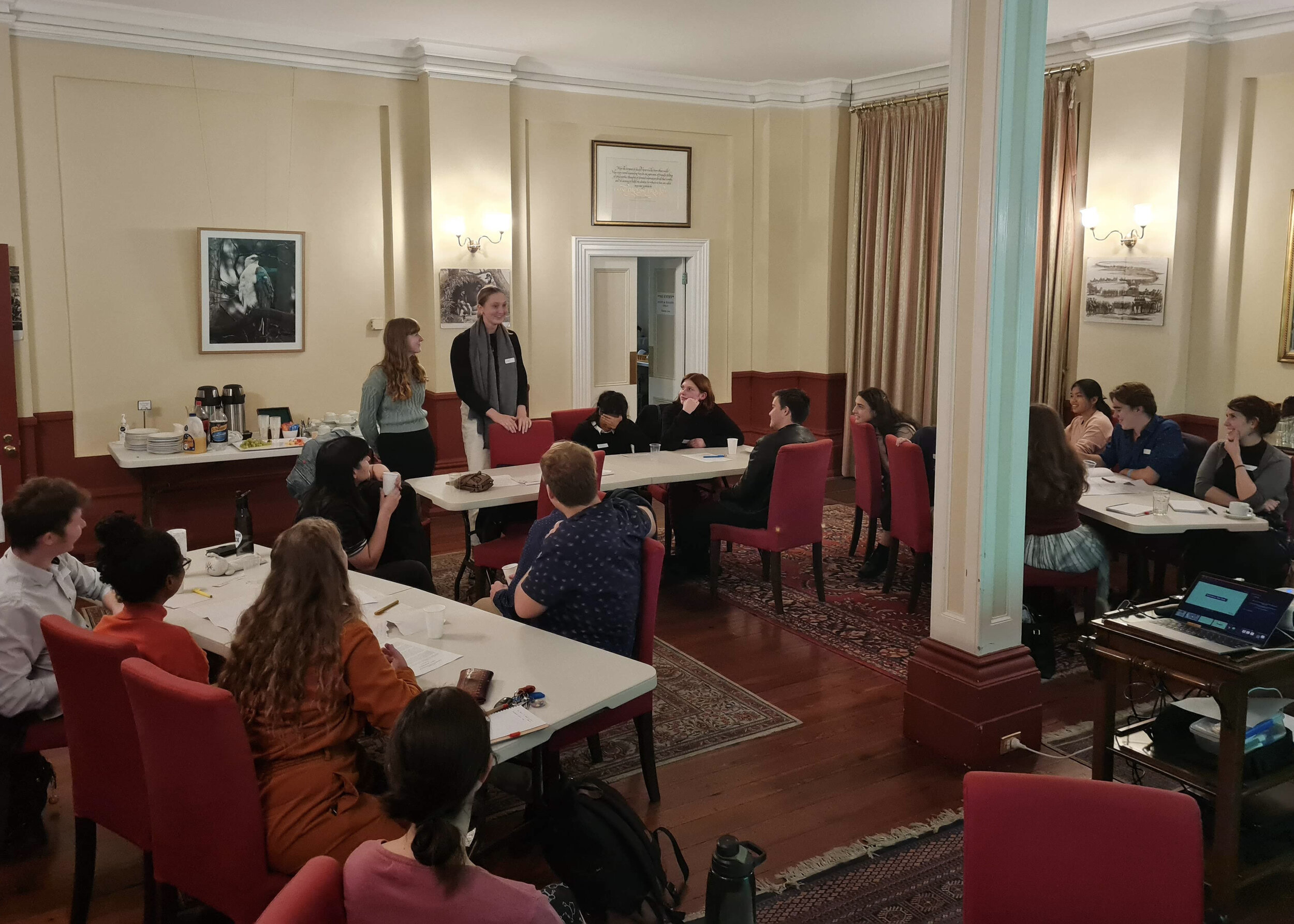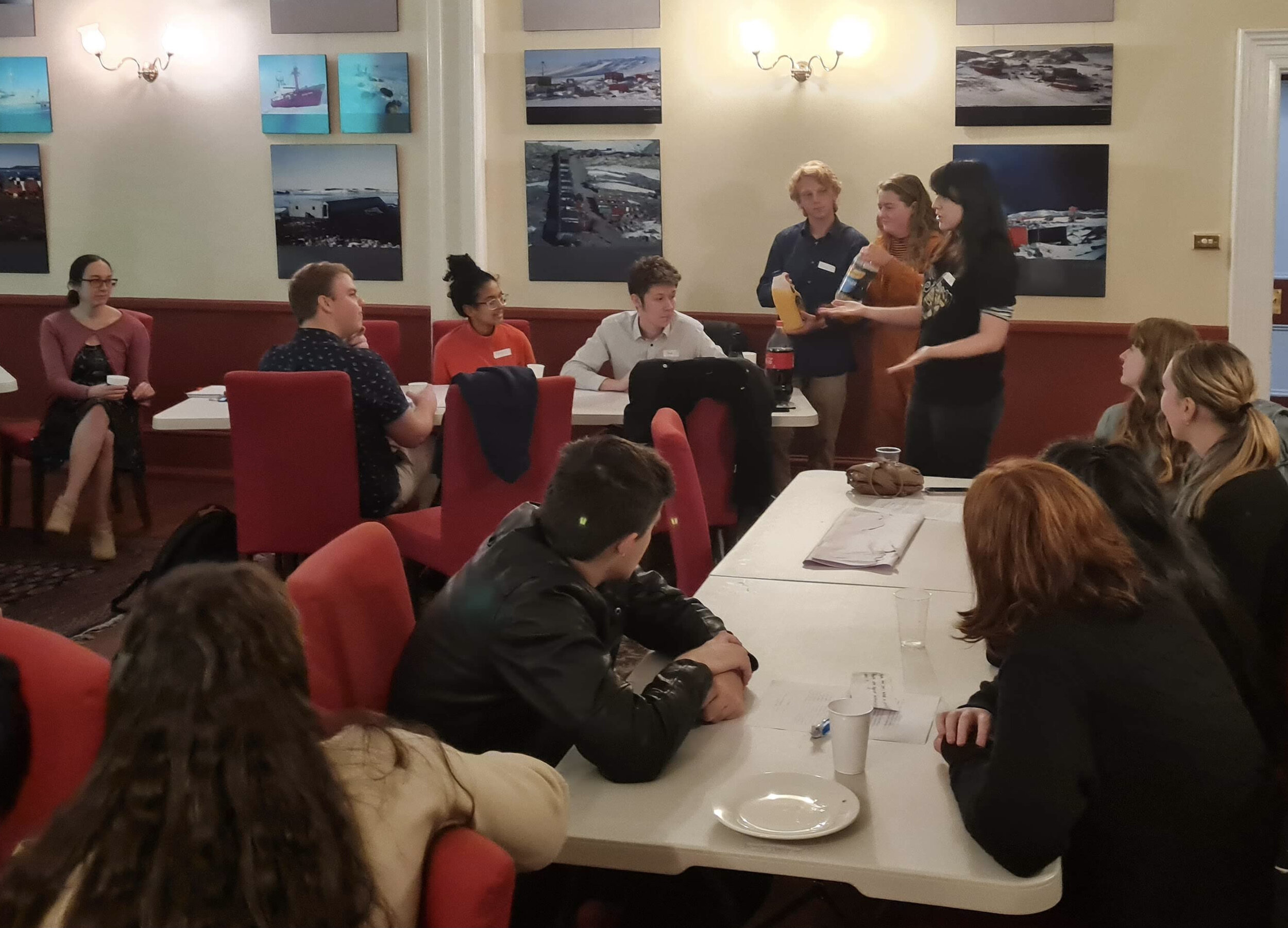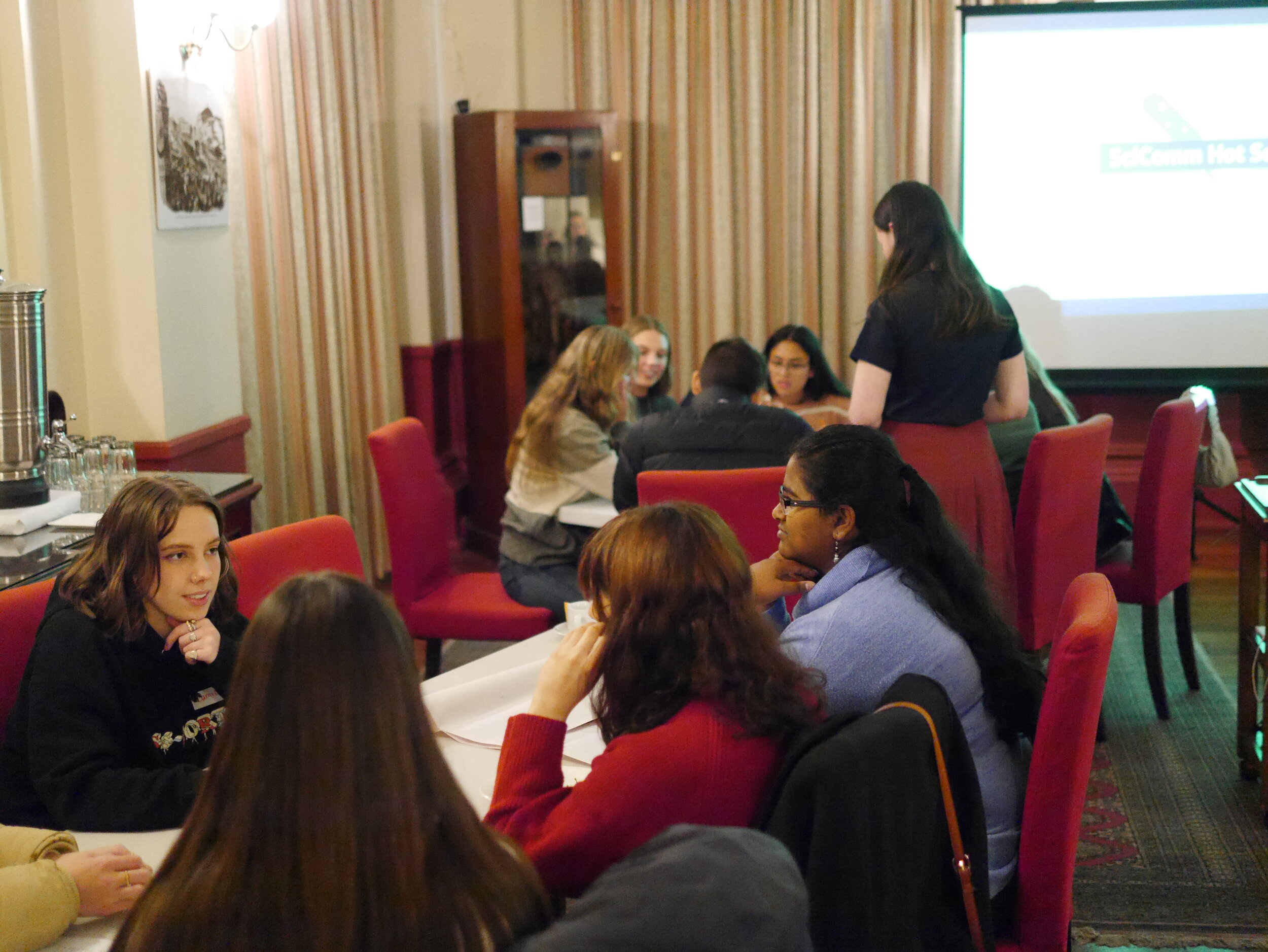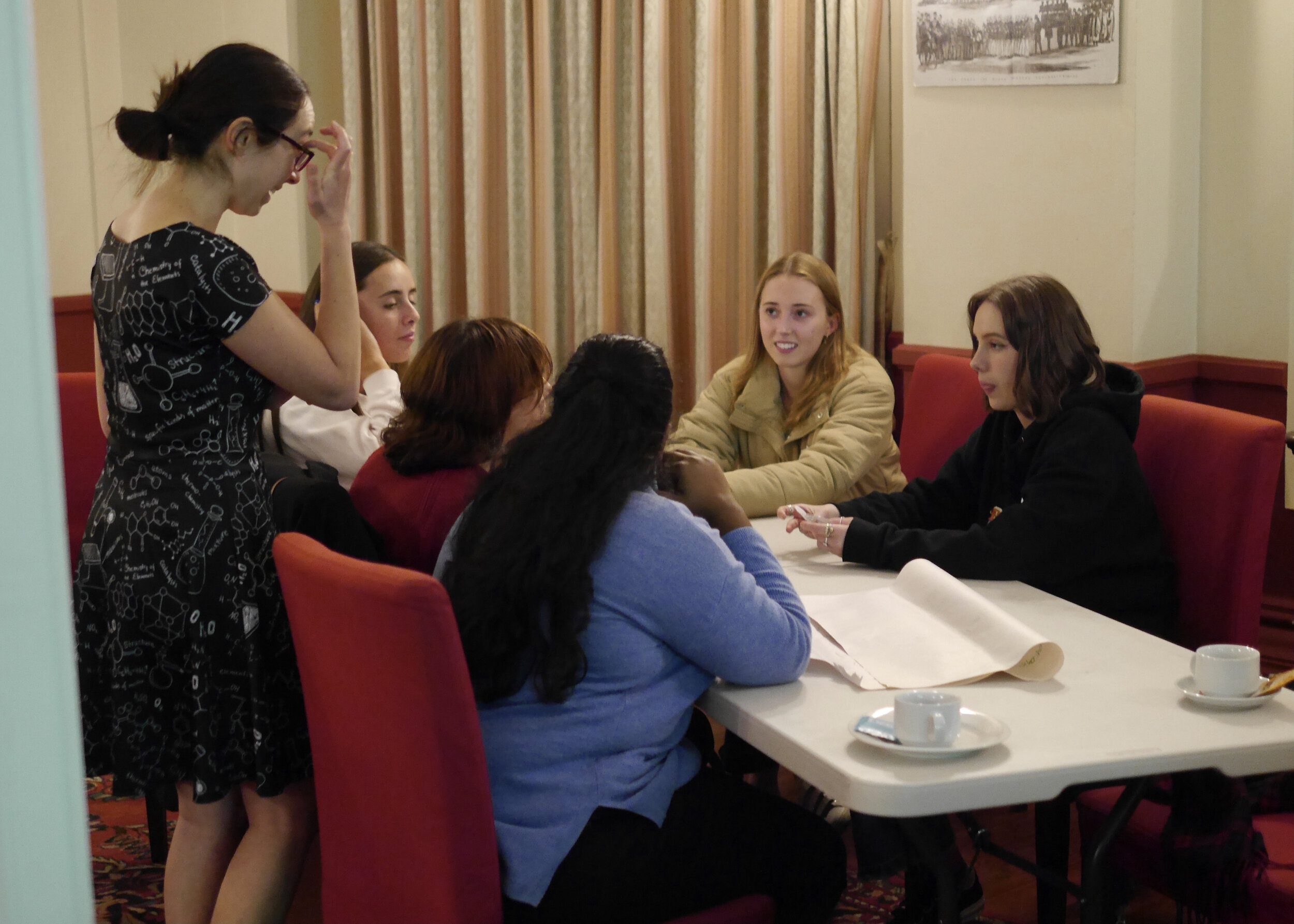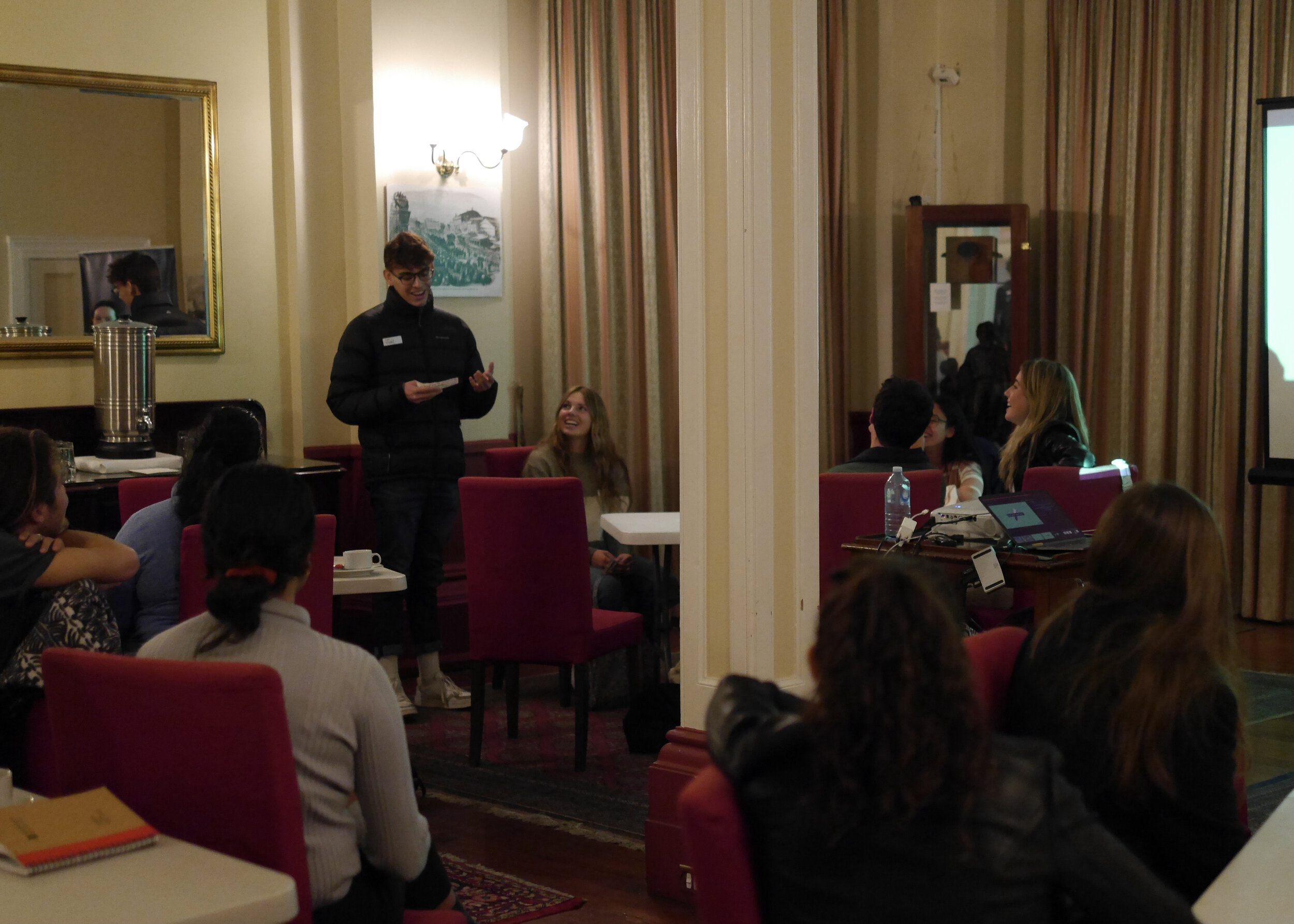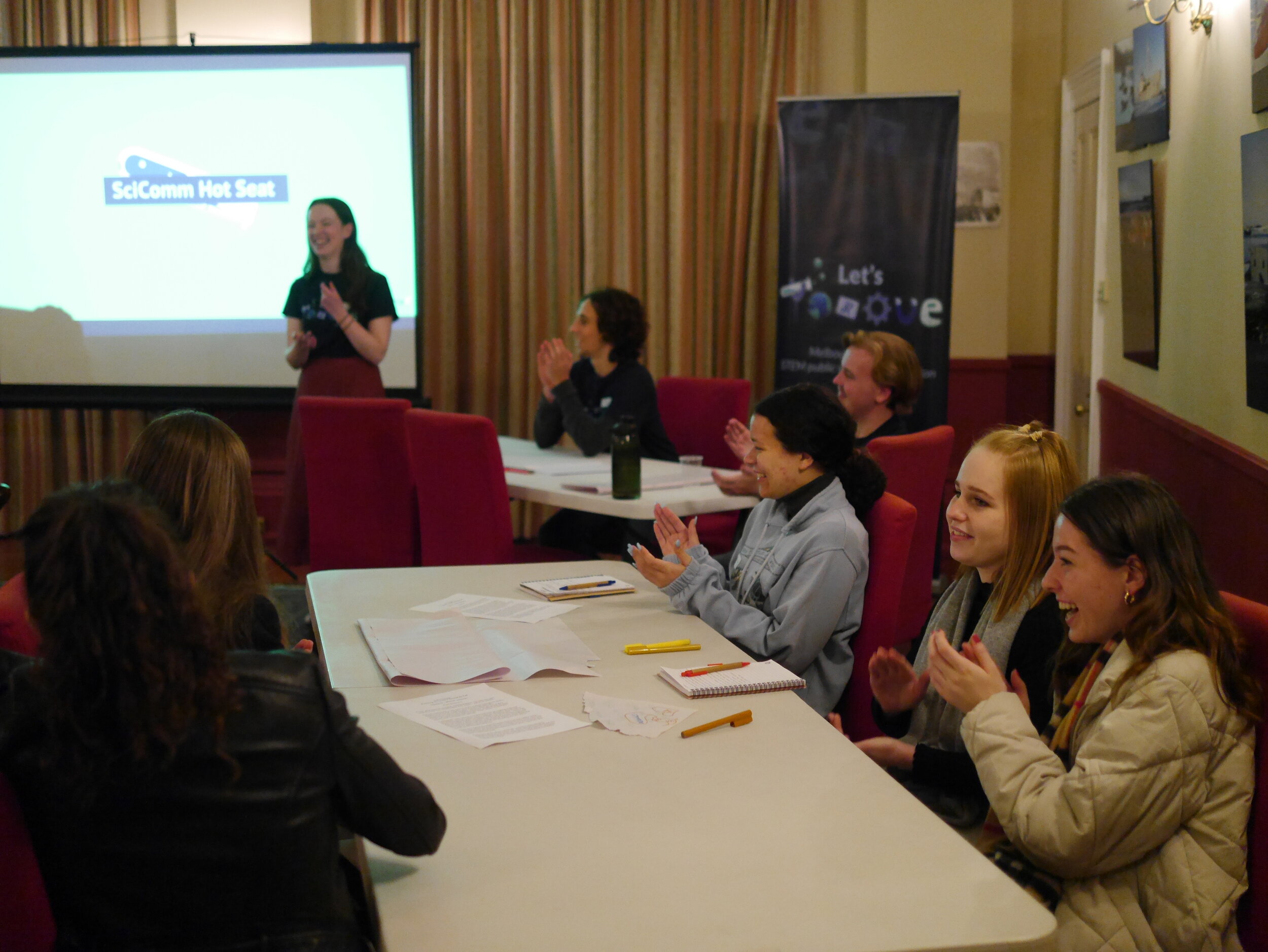STEM Public Speaking Grand Final 2022
Written by Georgie Aiuto
Edited by Yvette Marris
It is already November! Wow, the year has gone by so fast.
A month ago, the Let’s Torque crew held the Grand Finals for their STEM Public Speaking competition. It had been a massive year with three workshops building our fellow undergraduate’s Science Communication comprehension, workshops for John Monash Secondary School, multiple blogs, podcasts and other online content. But all of our work had come to a head for our final event of the year.
Held at Royal Society of Victoria (RSV) in Melbourne, five incredible Grand Finalists presented their speeches to a sold out audience that Monday night. Hosted by Clare Mullen, a Senior Climate Science at the Bureau of Meteorology and a professional science communicator, these finalists went head to head for the 2022 Championship.
The grand finalist presented their speeches:
Amelia Safai with “Therapeutic Cloning - Will a sheep save lives?”
Bianca Mazzucheli with “Auditory Sensory Prevention Technology”
Breana Galea with “Designing our Destiny’s presentation: How Protein Predictions can Change the World.”
Reah Shetty with “Revolutionising Society with a Chip”
Nicholas Tze Hoe Chan with “Teaching ML to Smell: making machine learning more versatile”
Getting to the Grand Finals was no easy feat. Participants not only had two rounds of elimination, but also submit a compelling proposal of their STEM idea and its applications economically, environmentally and socially. They were really pushed to think outside the box, and they did so terrifically. The semi-final, held at the University of Melbourne’s busy on-campus bar, challenged them to communicate their ideas to the general public in a noisy and crowded setting. Once again, competitors excelled.
Finally making it to the Grand finals at RSV, the finalists were presented with a new challenge, to give their speech in a professional lecture style room in front of an audience of 50 people. Here, we were fortunate enough to have three extraordinary professional science communicators to be our judges.
Alanta Colley; a comedian, science communicator and storyteller. With a background in International public health, her shows have been; 'Parasites Lost', 'Days of our Hives', and a recent science comedy debate series 'Sci Fight'.
Chris Thompson; the Director of Education at the Biomedicine Discovery Institute, Monash University and publisher in the fields of spectroscopy and computational chemistry. More recently in the field of science education and is co-author of Australia's most popular foundation chemistry textbook.
And Sara Webb; a researcher focused on observational transient astronomy and a passionate science communicator who has presented on various national/international TV news programs, ABC radio, Joy FM, TikTok, face-to-face, and online presentations.
Not only did we have the incredible Grand Finalists’ presentations, but we also hosted three guest speakers to discuss their career and how science communication has helped them with their journey.
Phoebe de Wilt; a Meteorologist at the Bureau of Meteorology took us through her personal science journey and how she was offered a role in various science communication jobs due to her passions for sharing her work to those who it affects, and being weather - that is everyone!
Daniel Langley, a senior scientist at Universal Biosensors presented about his journey through various disciplines of science. A lot of his work overlapped with quite a few of the grand finalists topics, such as proteins and cloning.
And finally, Ruwangi Fernando, an IT specialist and co-founder of STEMSisters and iSTEM explained the importance of communicating sciences to diverse audiences and how she strives to support women of colour in all STEM fields.
All these incredible presentations were followed by a networking session for everyone to expand their connections. We were also treated with light refreshments and canapés. Let’s Torque crew member Jess has this to say about the event:
“The grand finals was an excellent evening! It was fascinating to hear all the speeches, and I got to hear about a whole variety of topics that I didn’t know much about - plus all of the participants were excellent speakers. It was also so valuable to be able to hear from industry professionals, and what brought them into science communication - the food and networking opportunities were great fun.”
Now, for the moment you’ve probably been waiting for (you might have even scrolled all the way to the button just to read this part), the winners of the 2022 STEM Public Speaking Competition!
People’s Choice: Breana Galea with “Designing our Destiny’s presentation: How Protein Predictions can Change the World.”
Runner Up: Reah Shetty with “Revolutionising Society with a Chip”
And the grand winner of 2022…
Amelia Safai with “Therapeutic Cloning - Will a sheep save lives?”
Winners in the various categories were awarded an array of prizes, from cash to book vouchers, and some coveted memberships to some of Melbourne's greatest science establishments.
All these incredible speeches are uploaded to our YouTube Channel. Check out the playlist right here.
Sad you missed out? Stay tuned for next year’s competition or look out this November to see how you can join Let’s Torque’s 2023 team.
